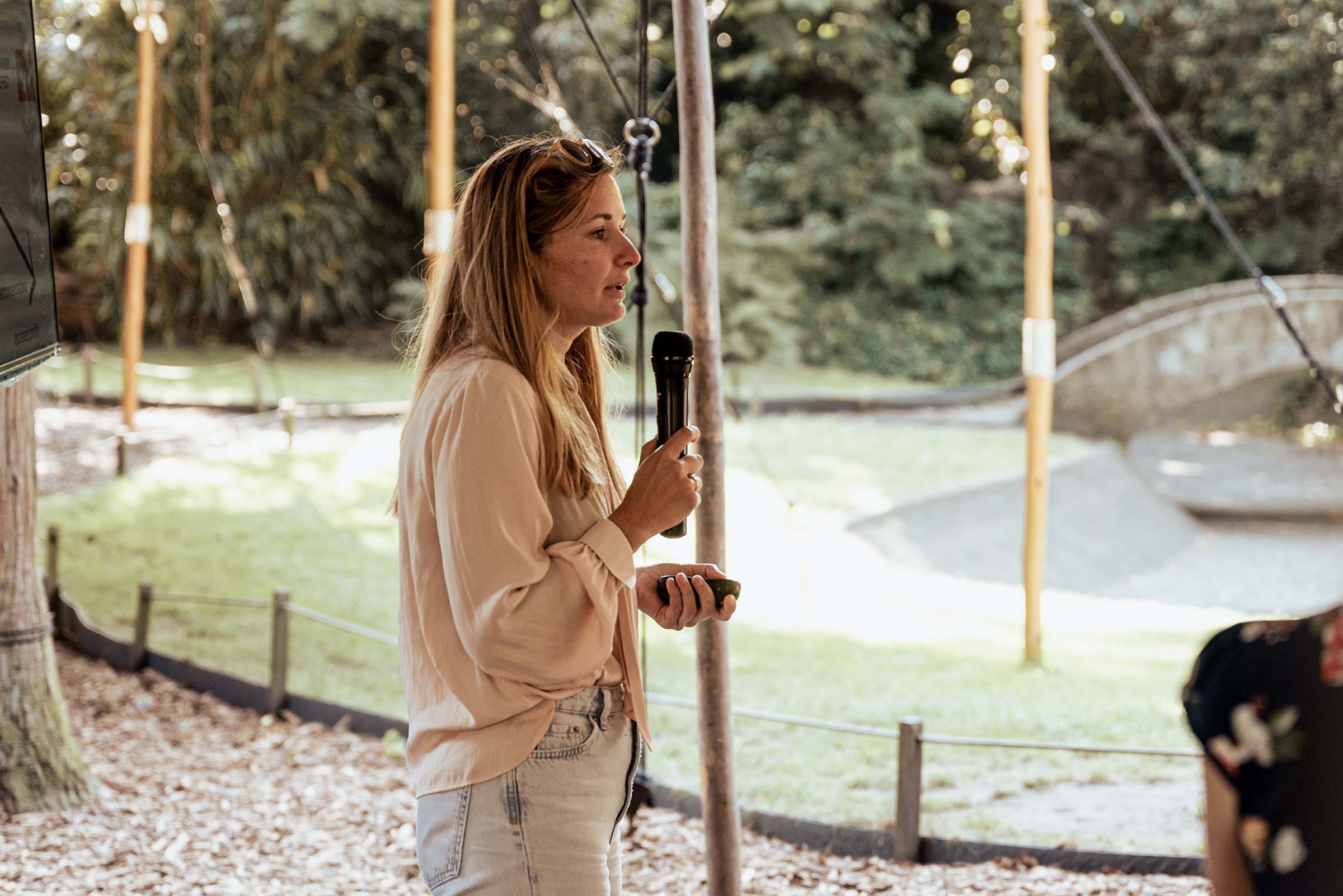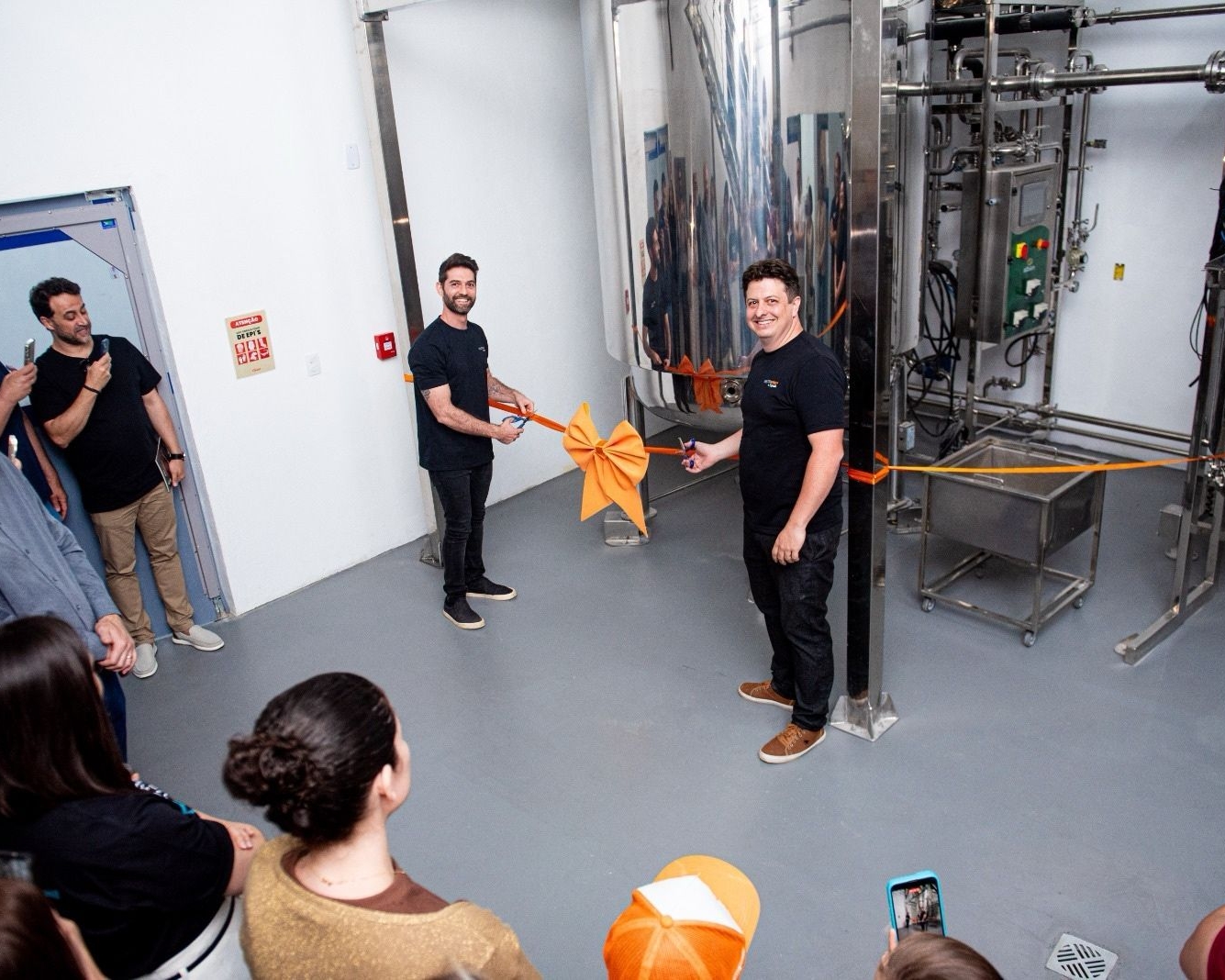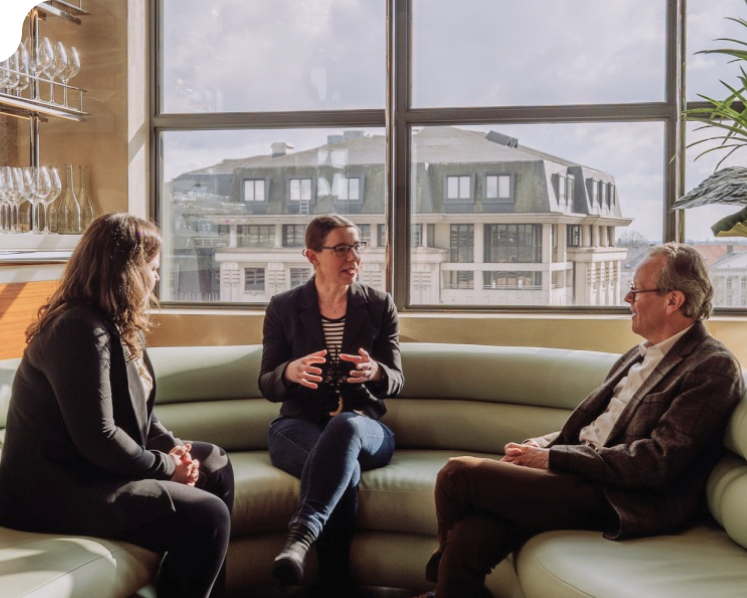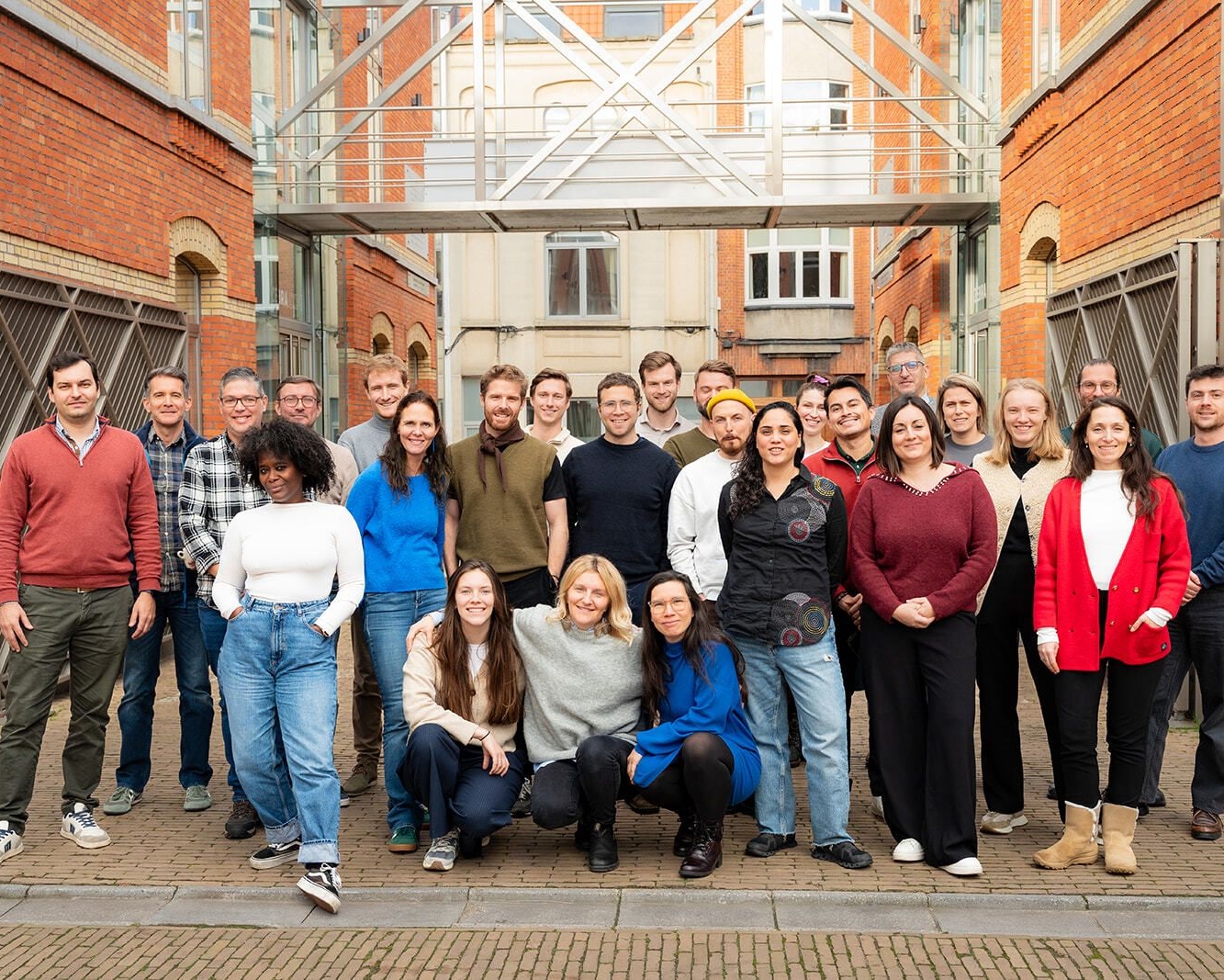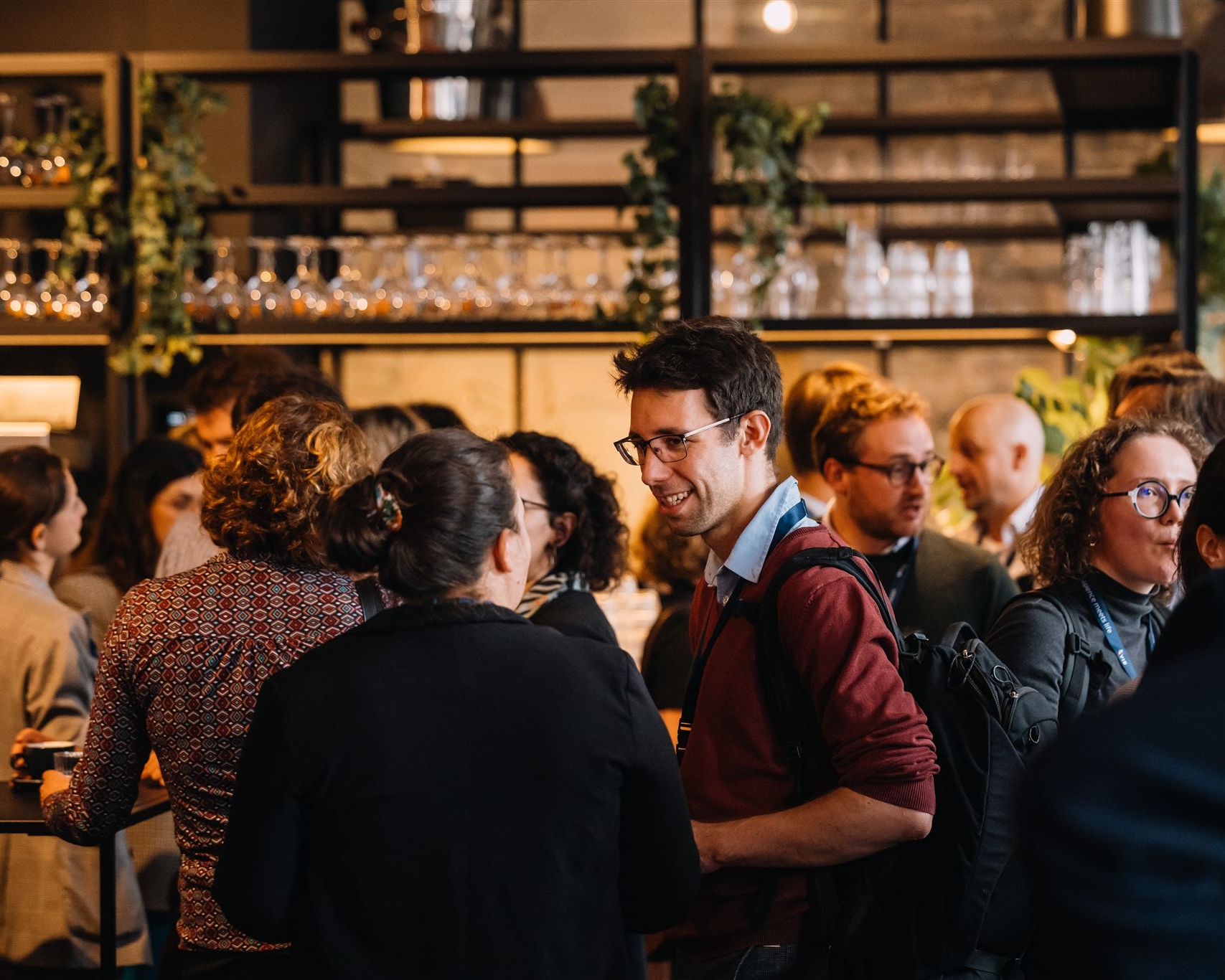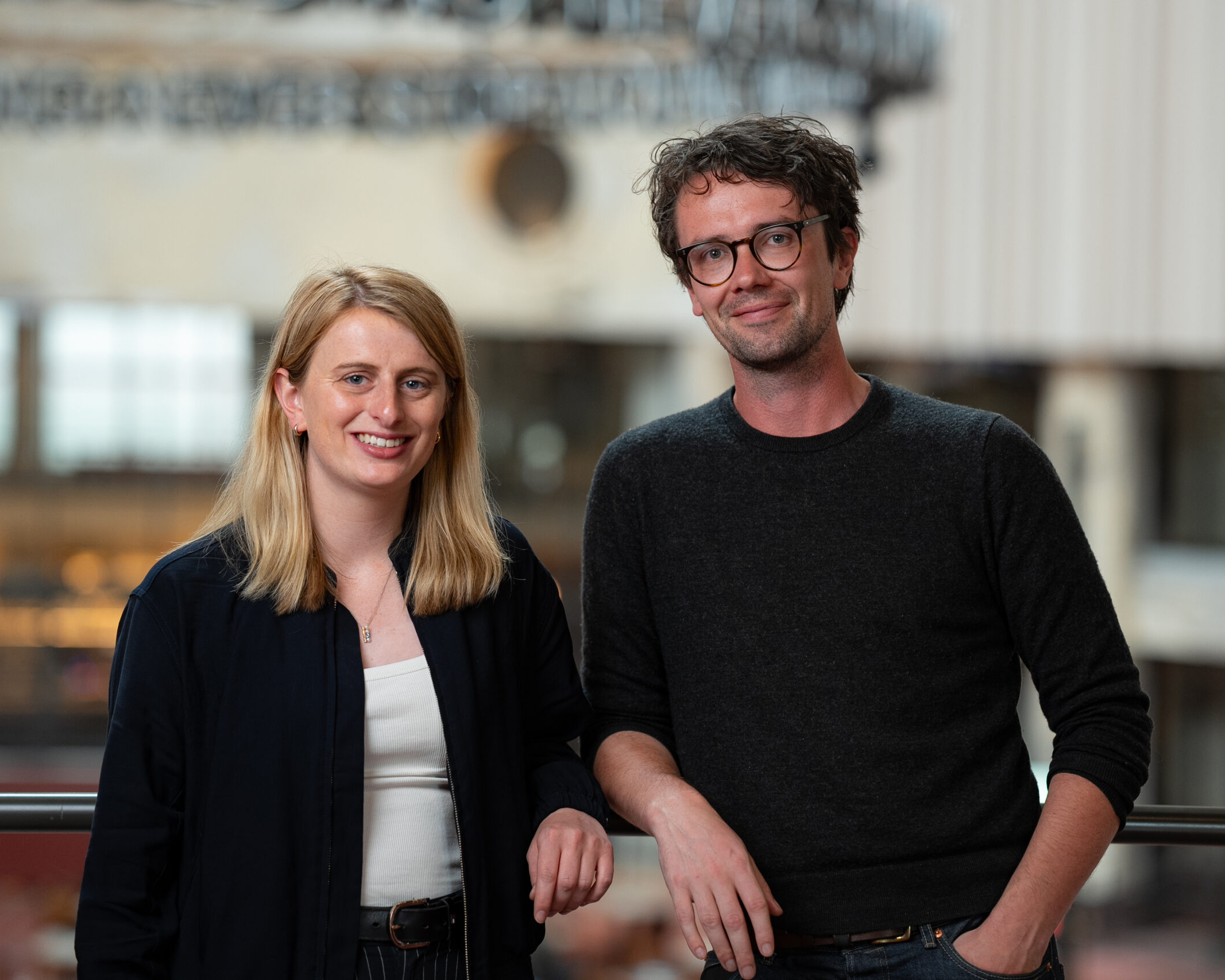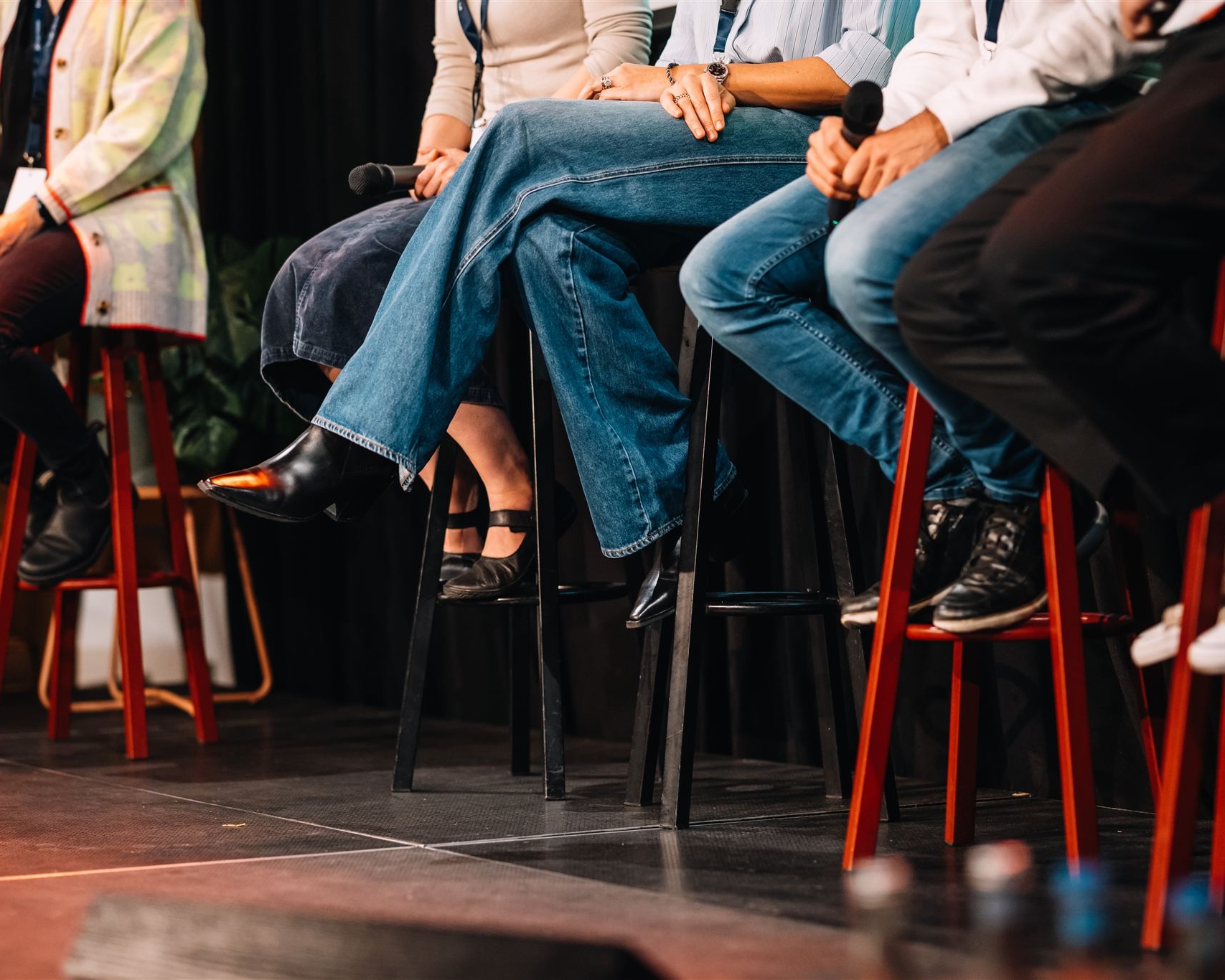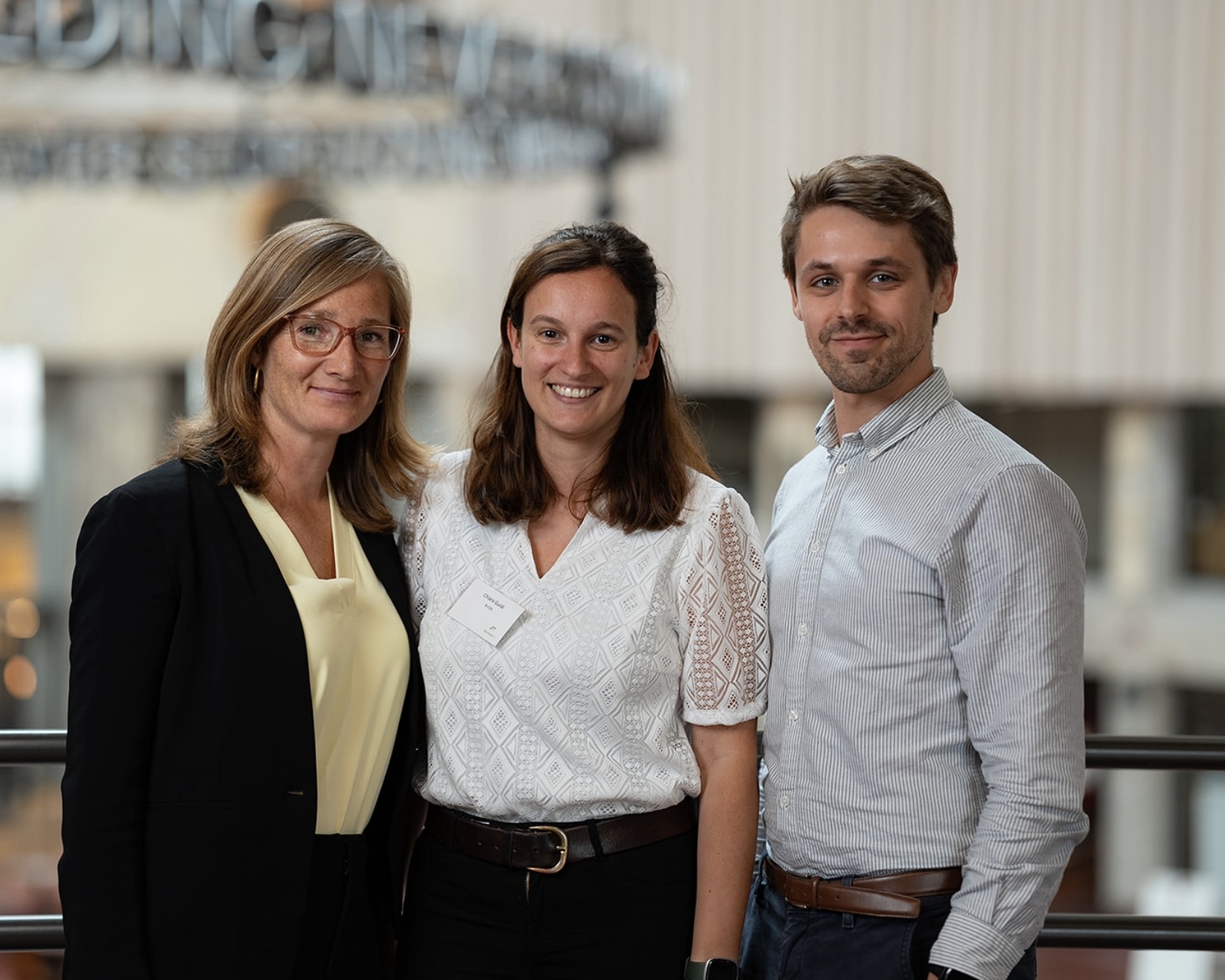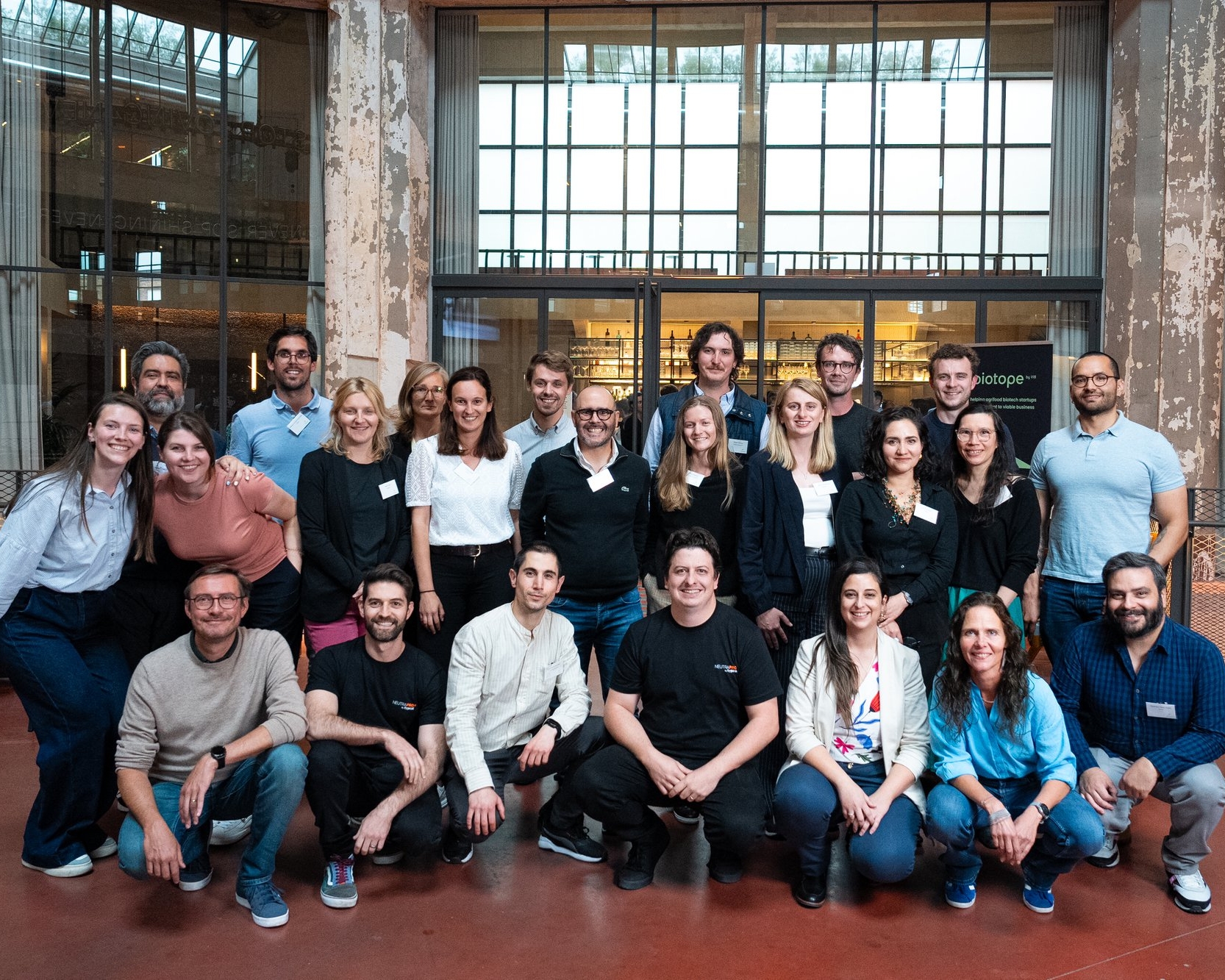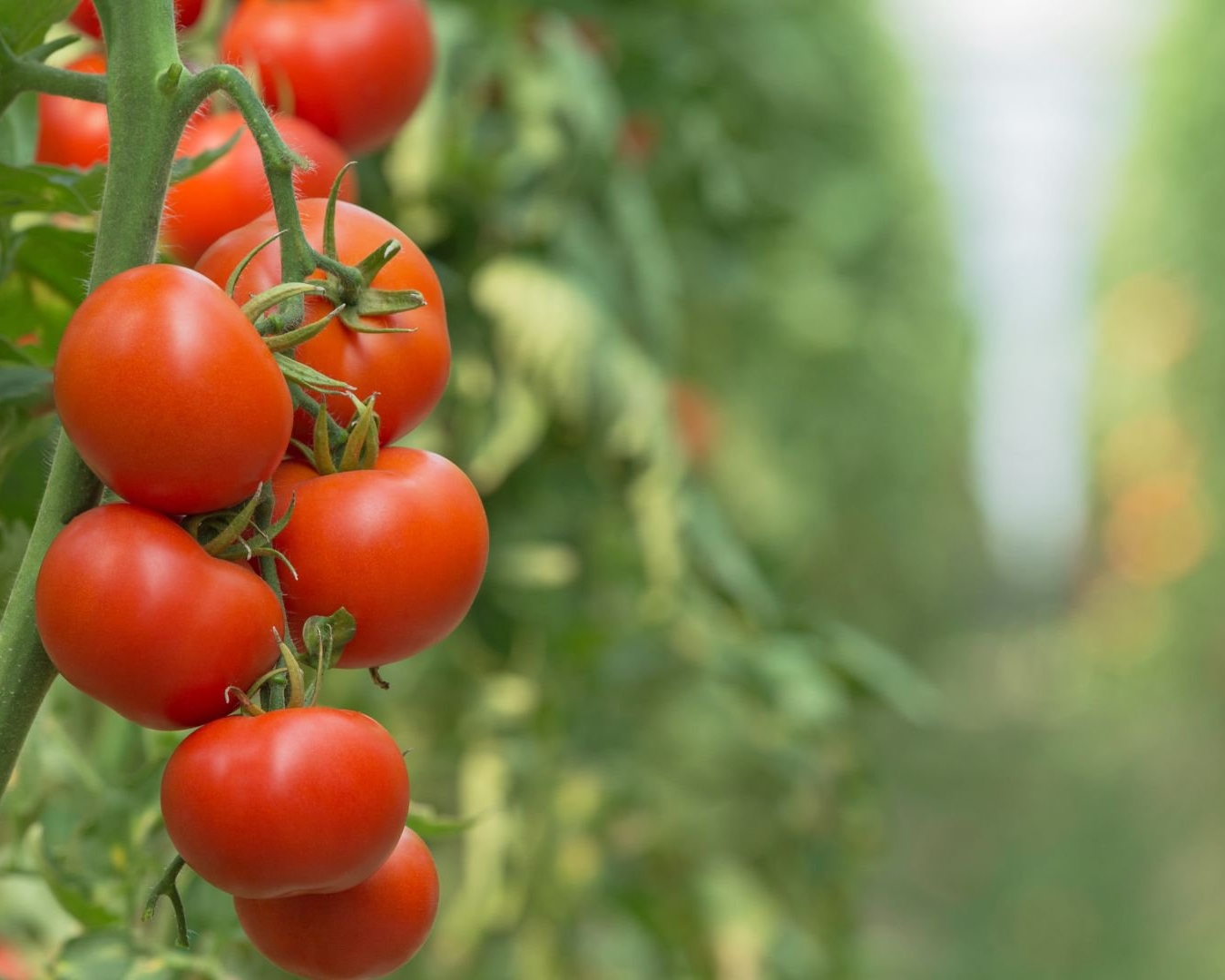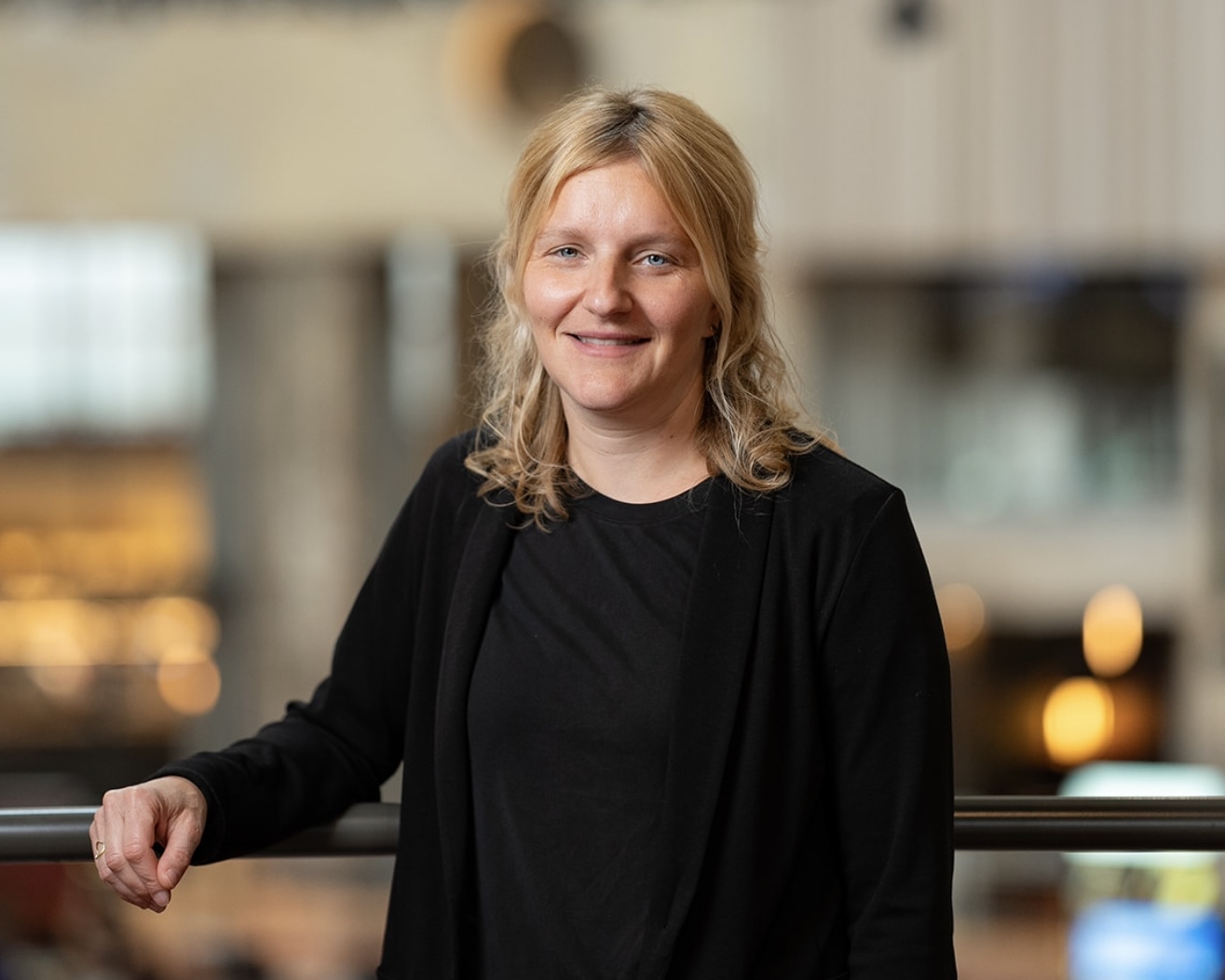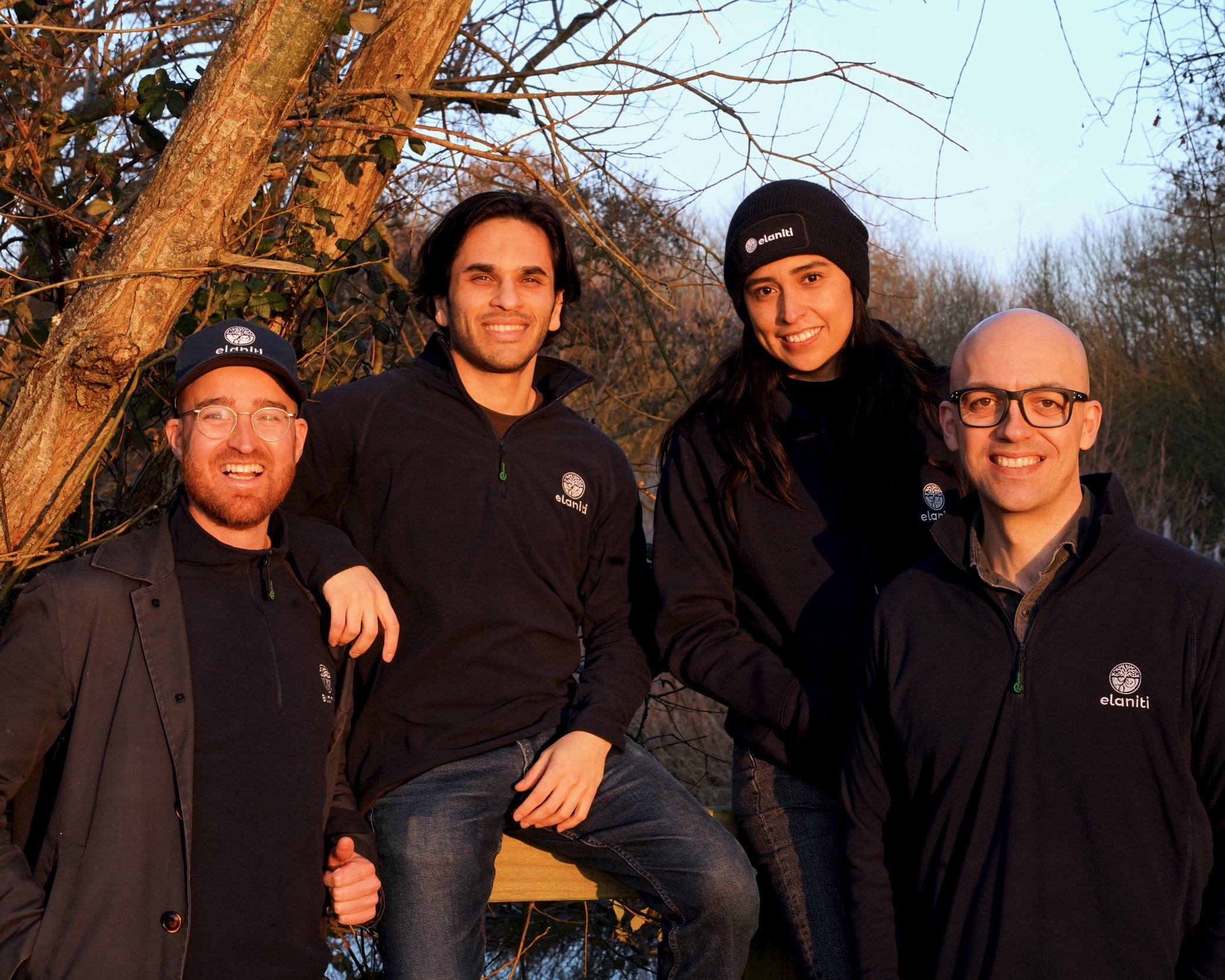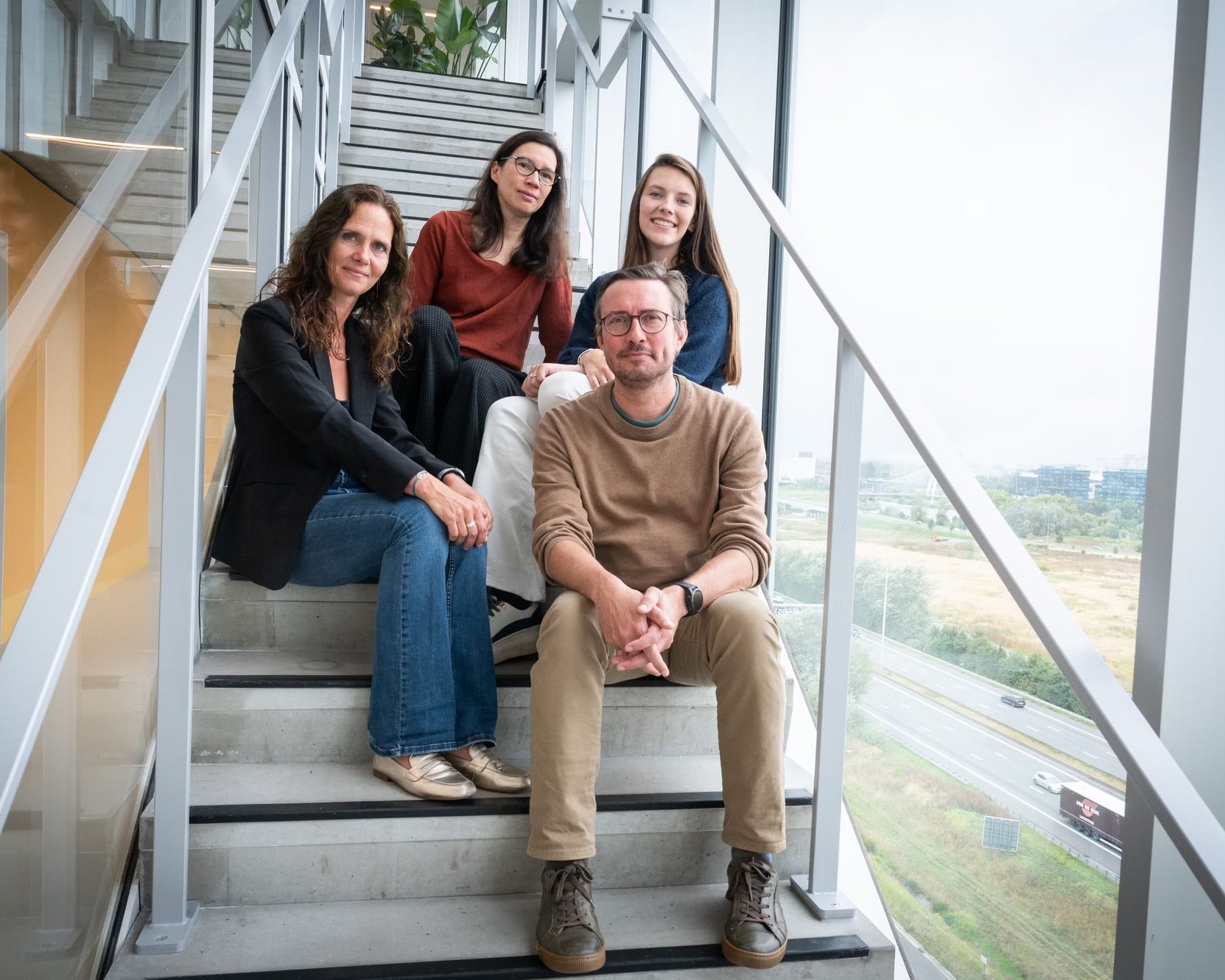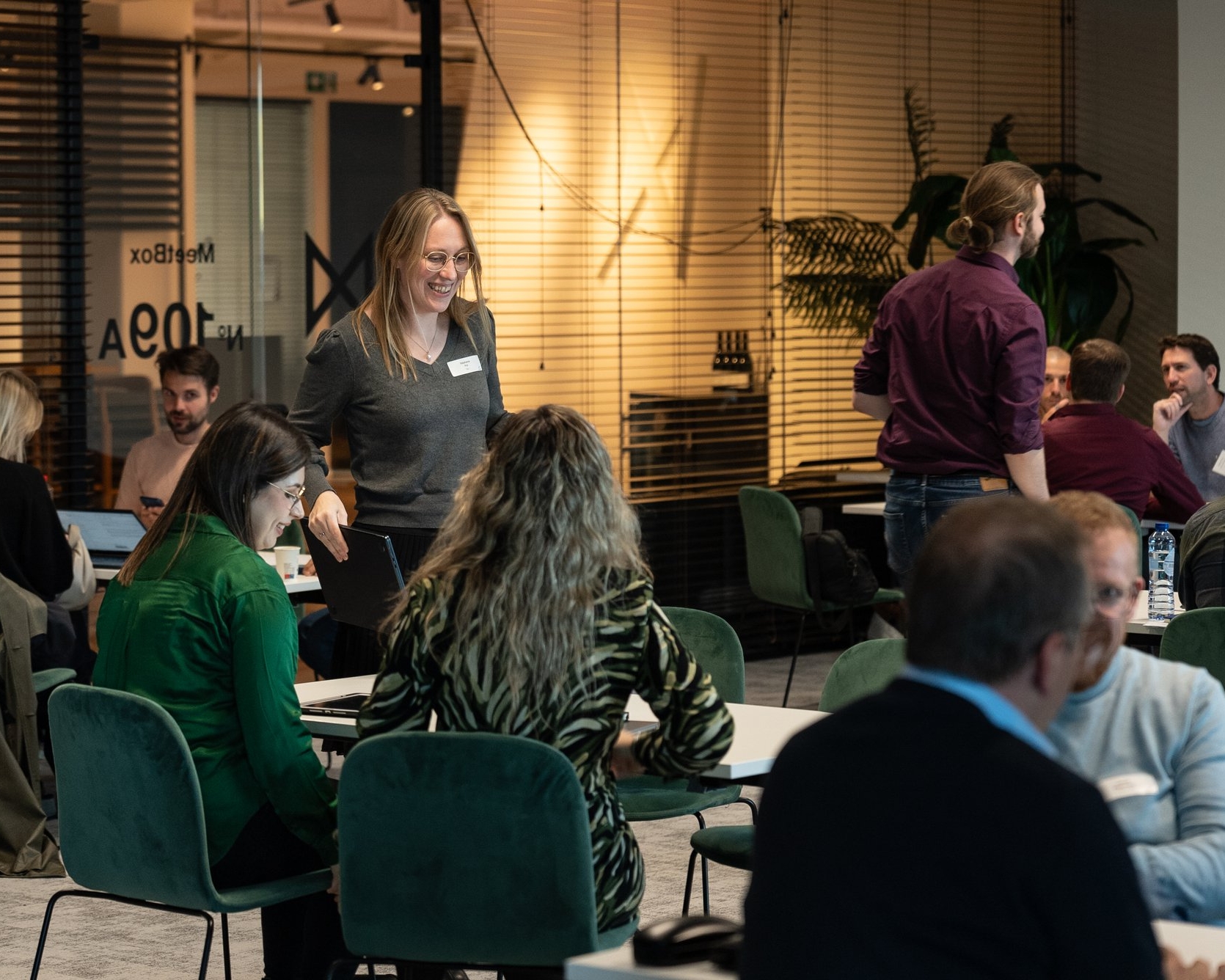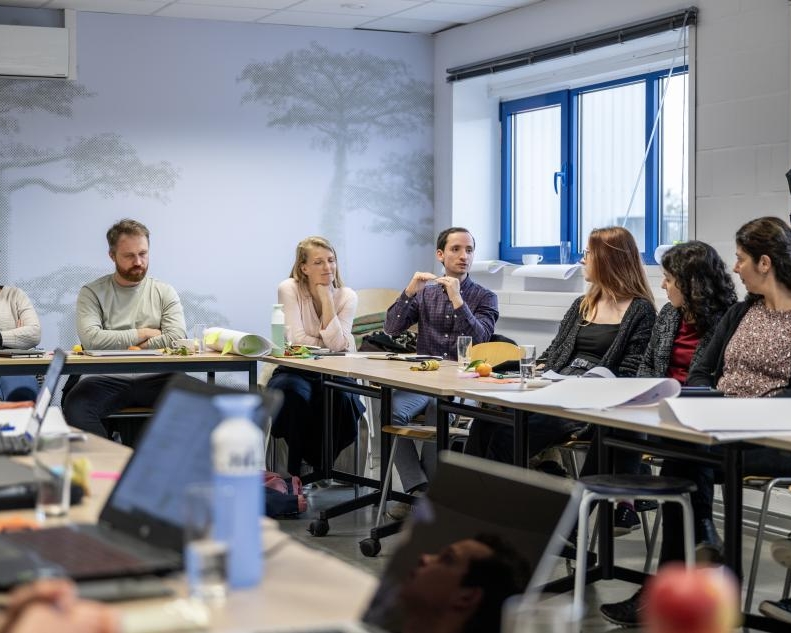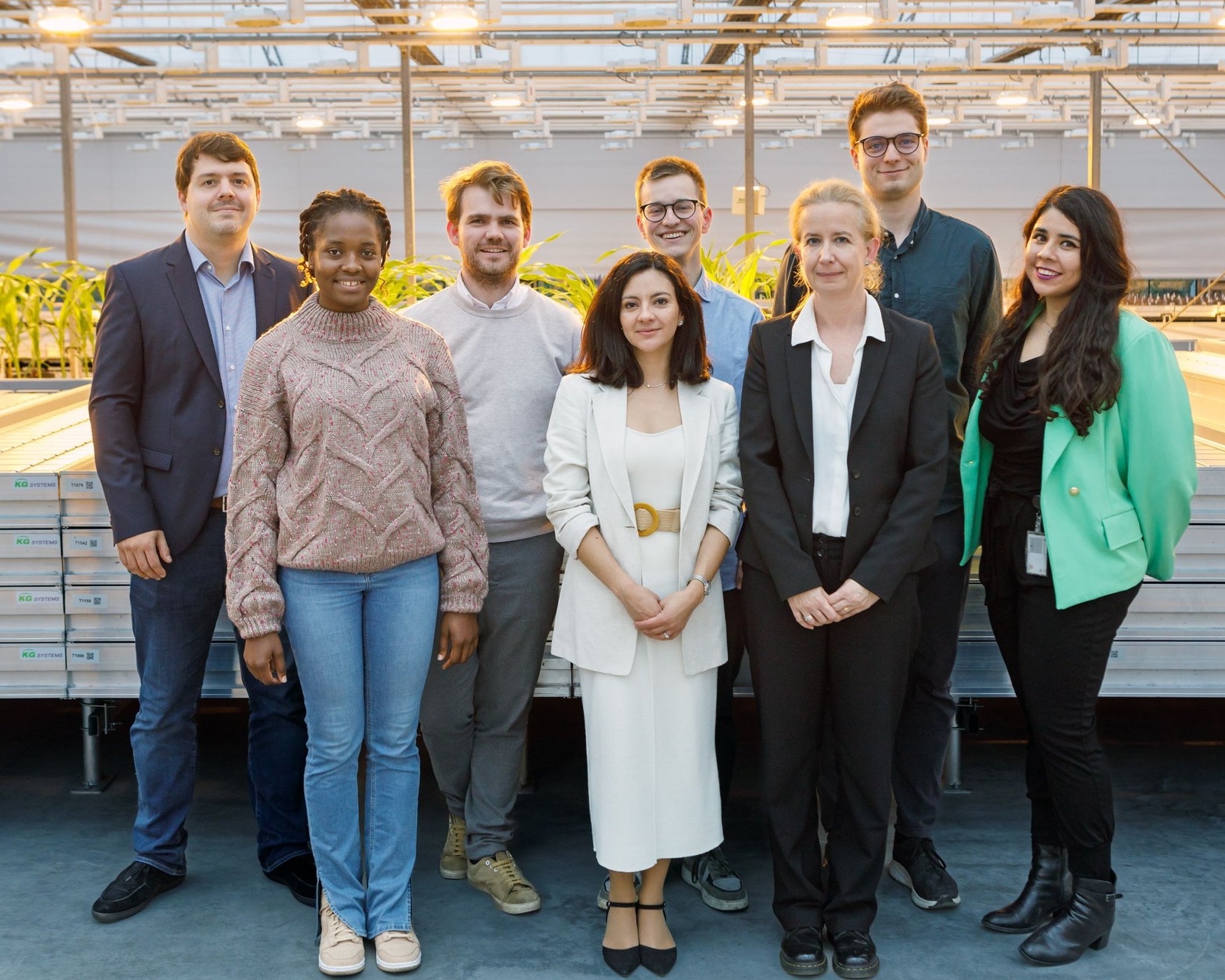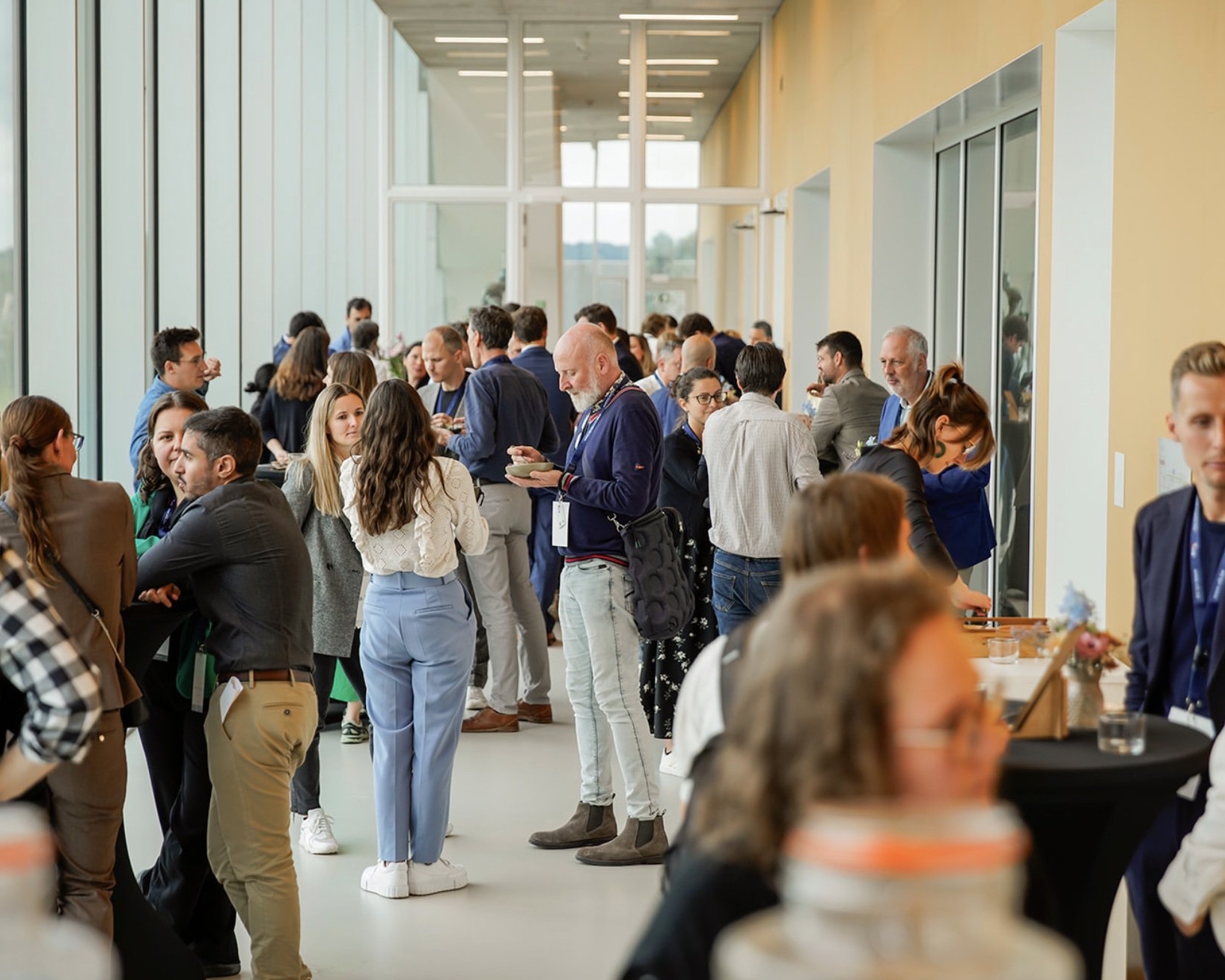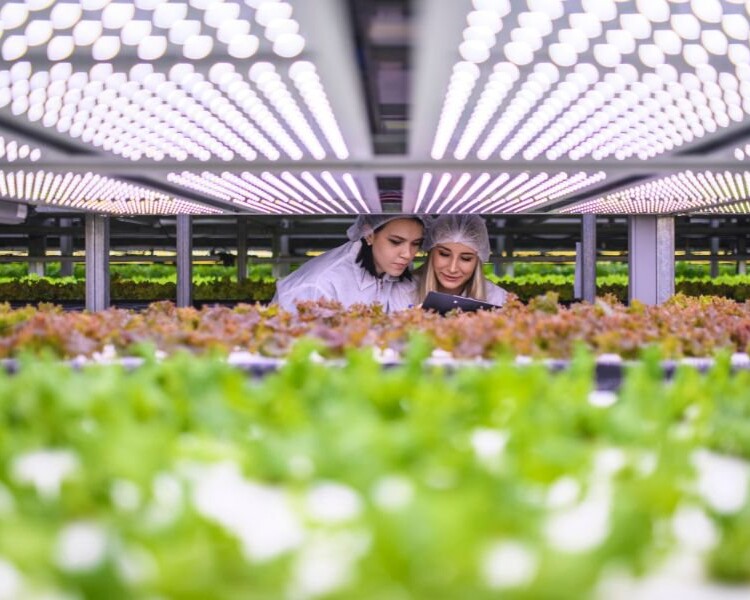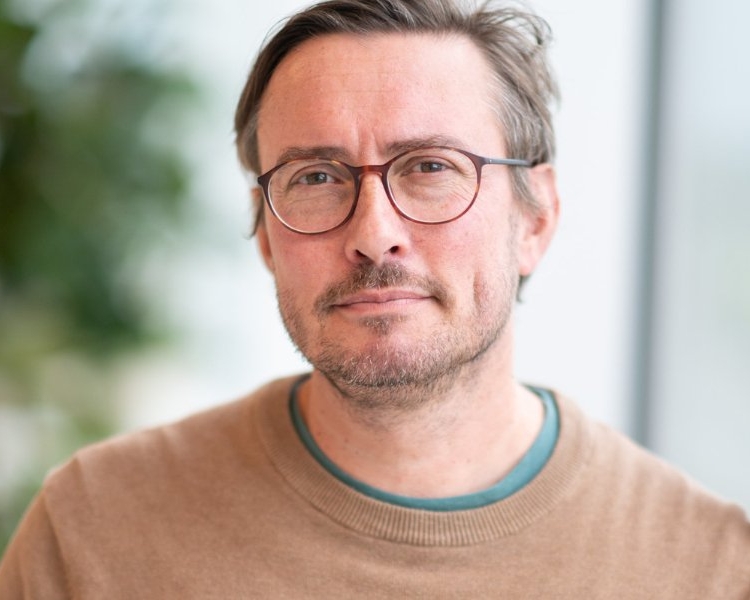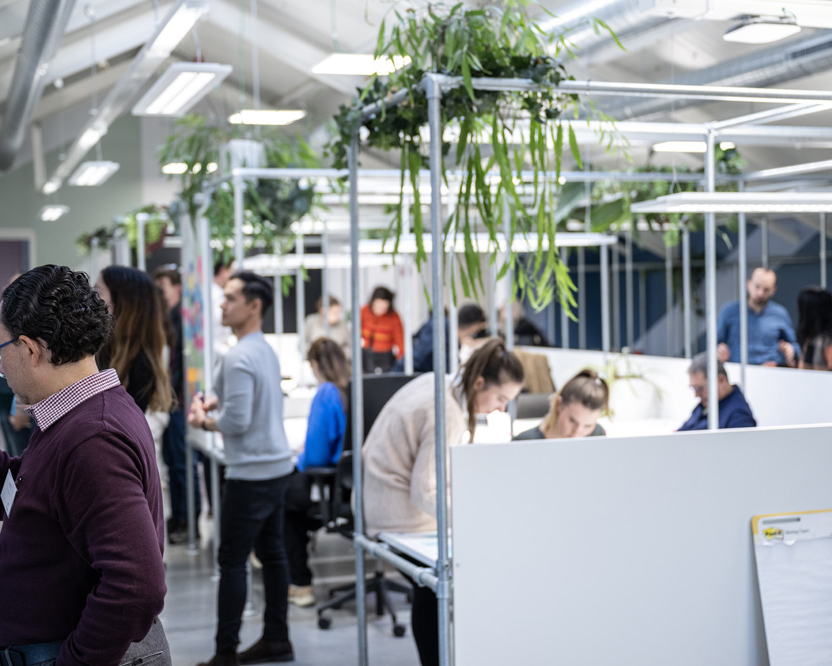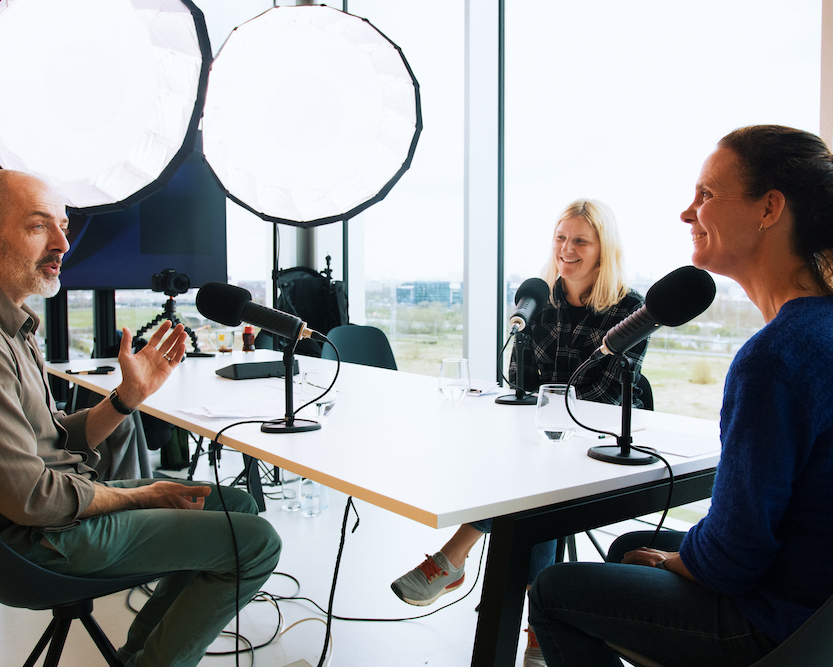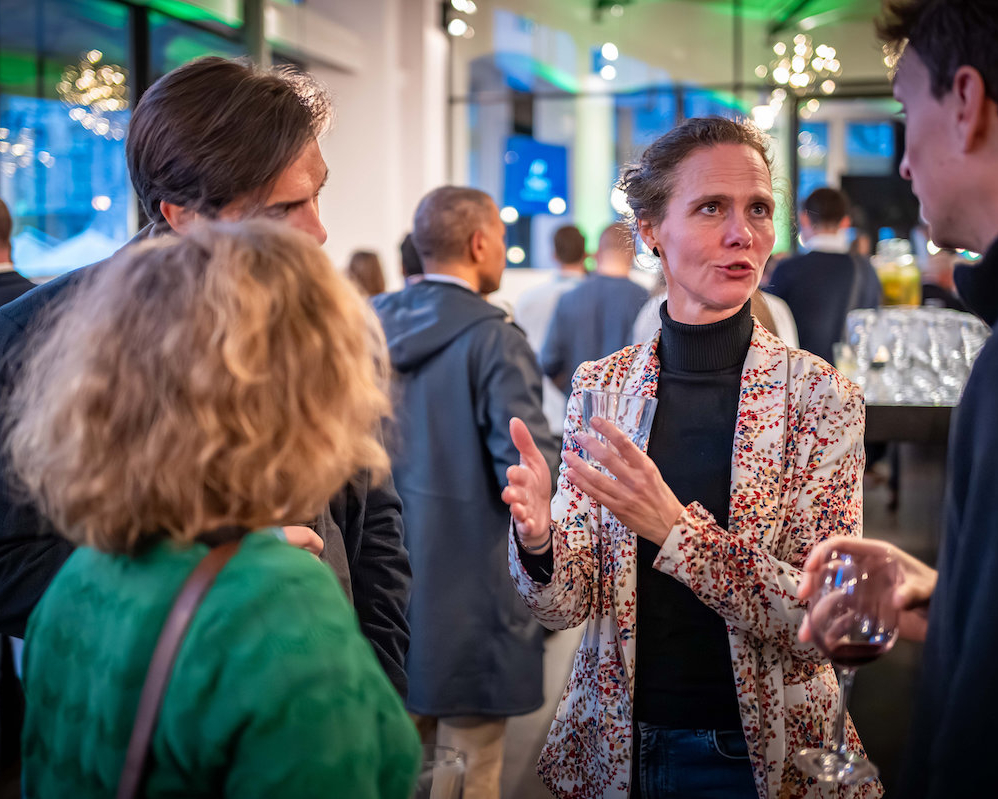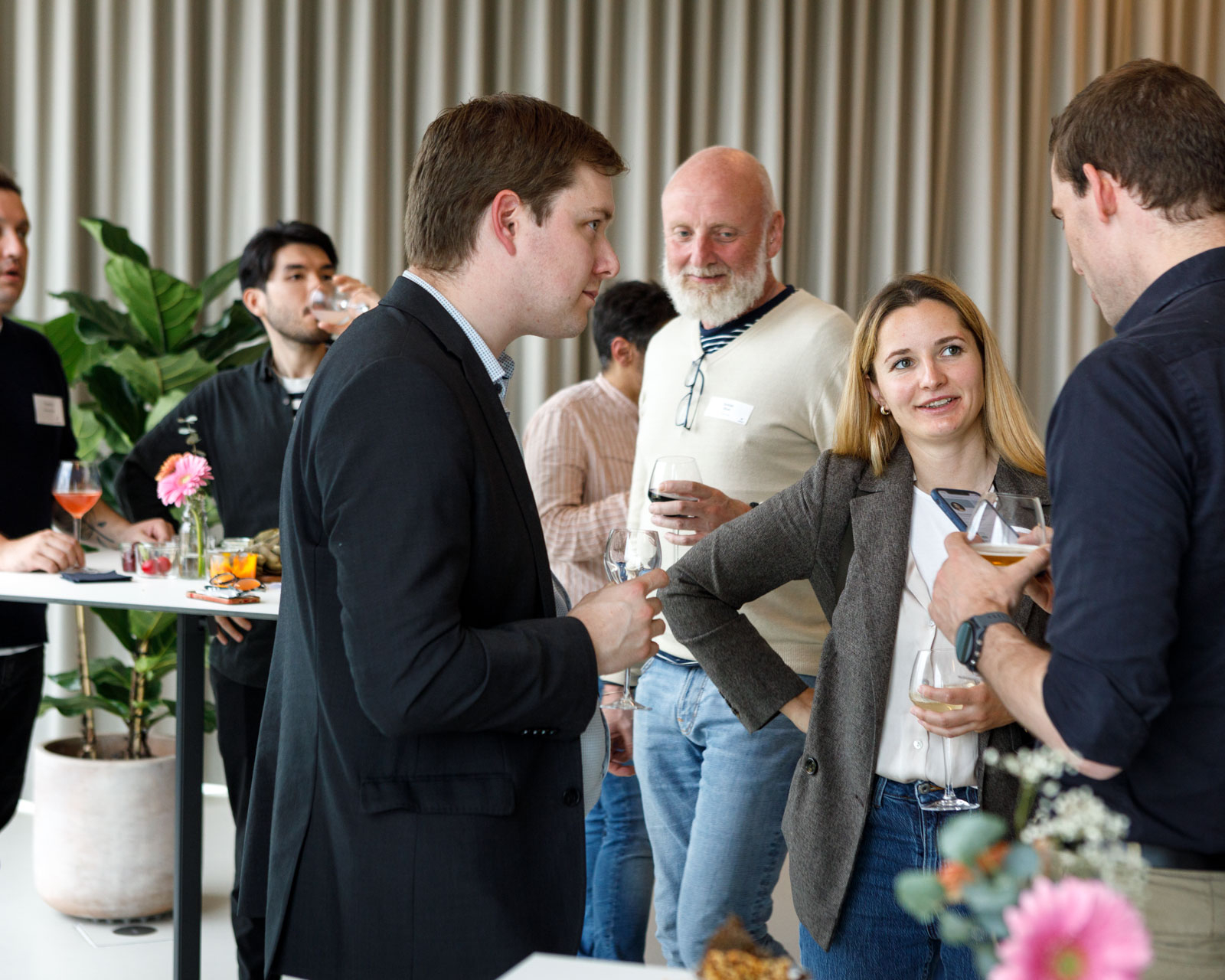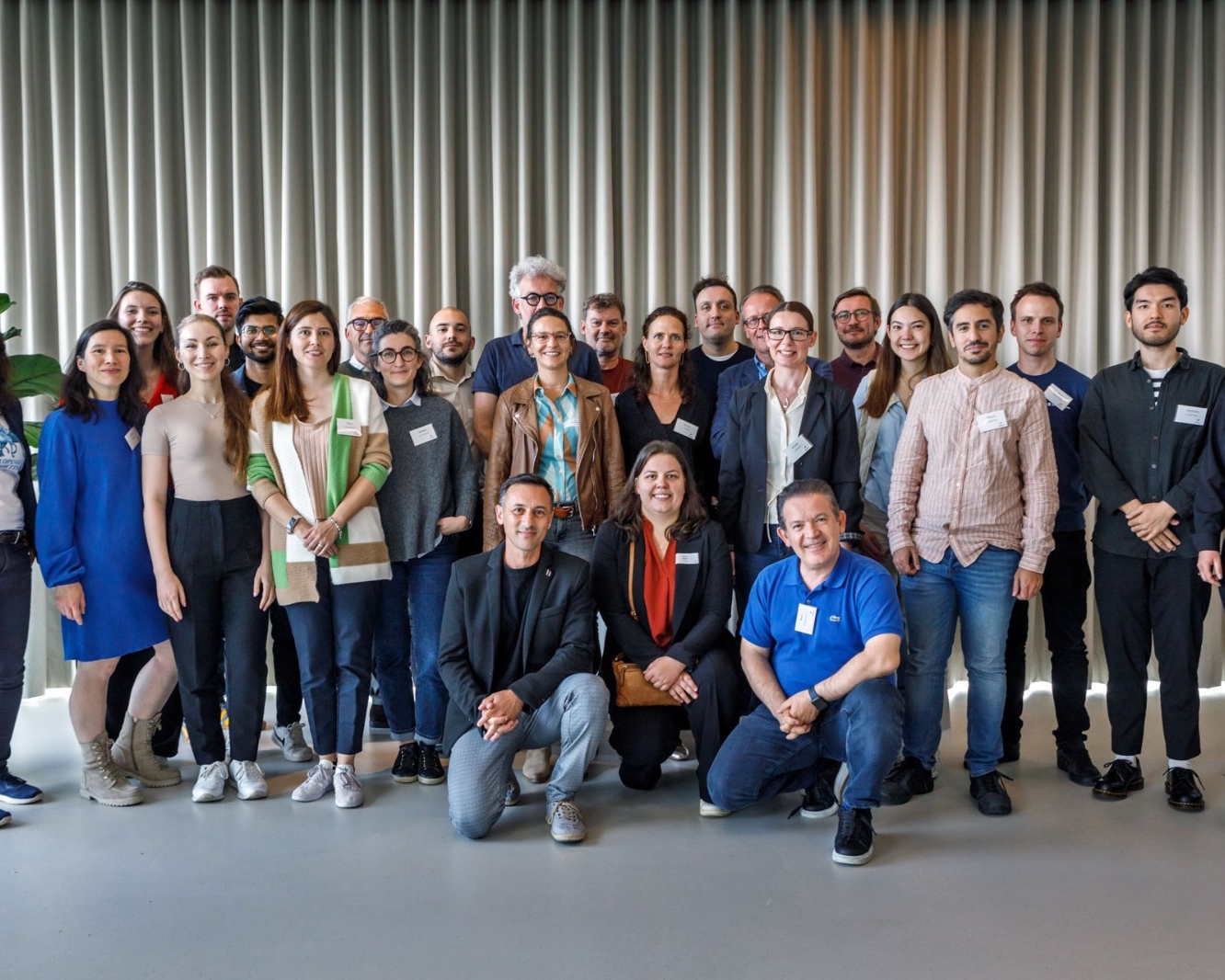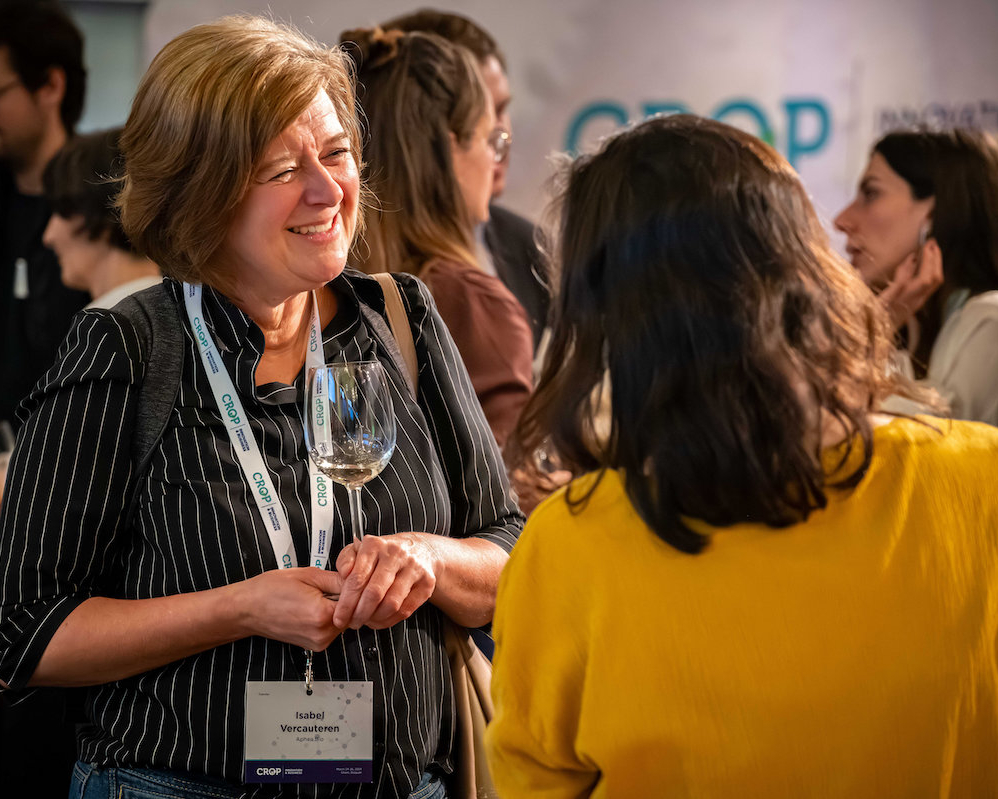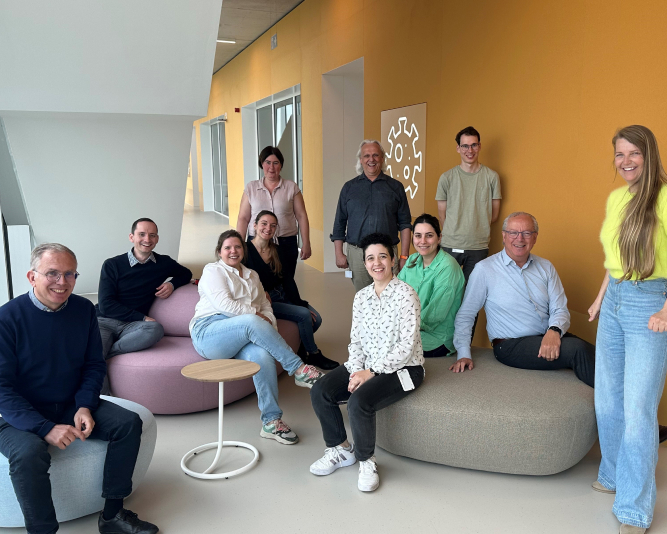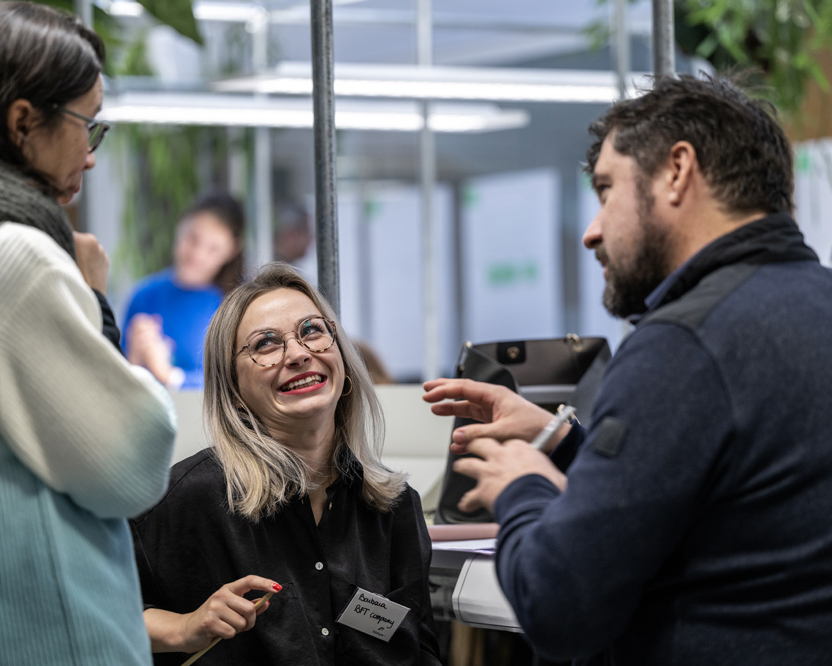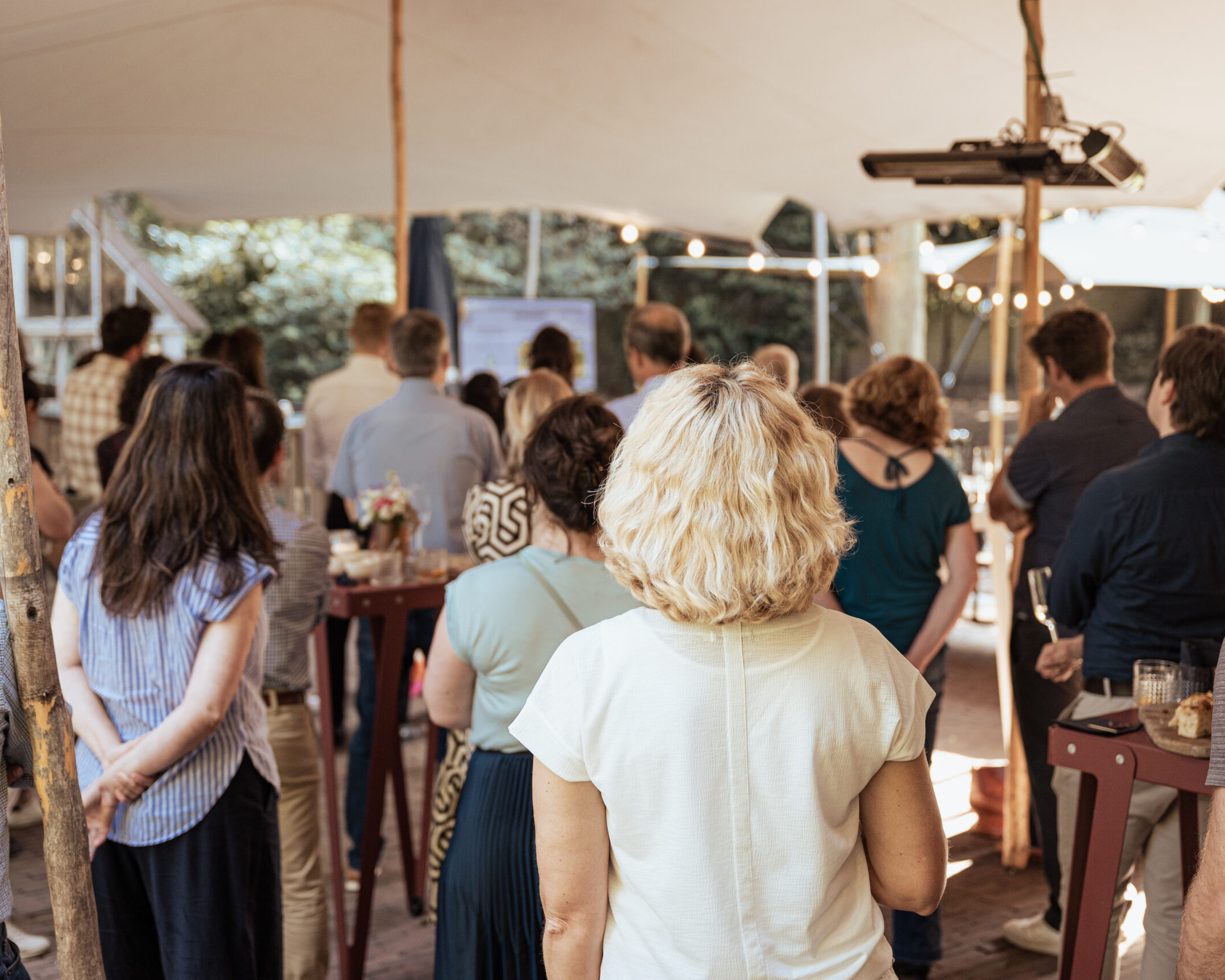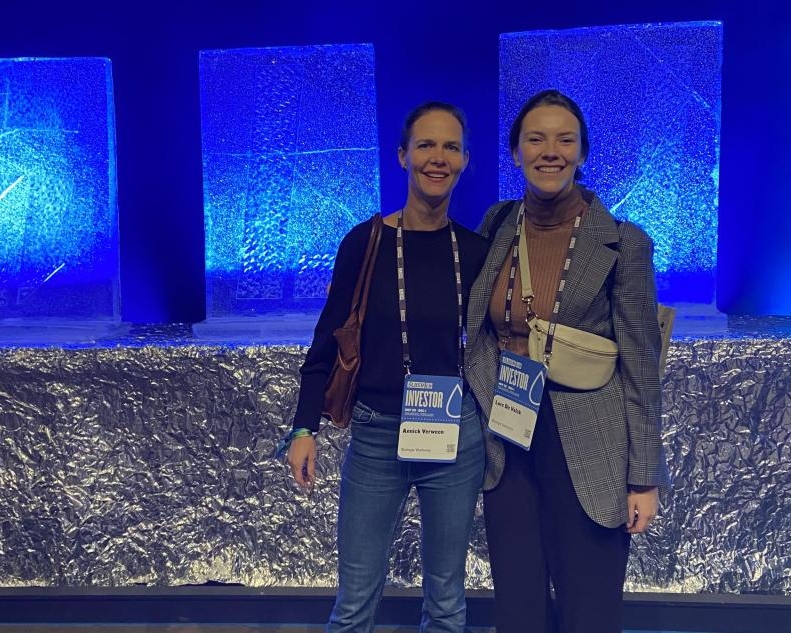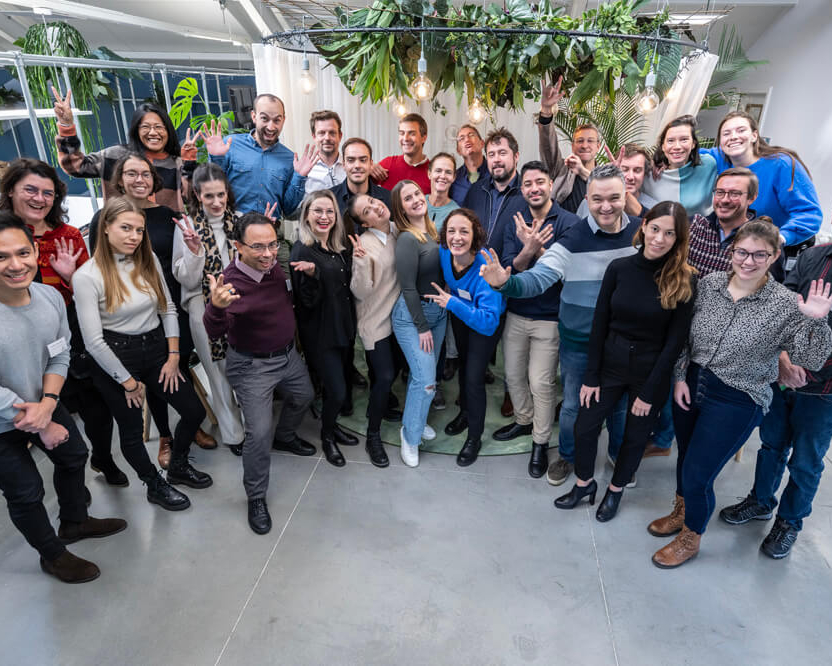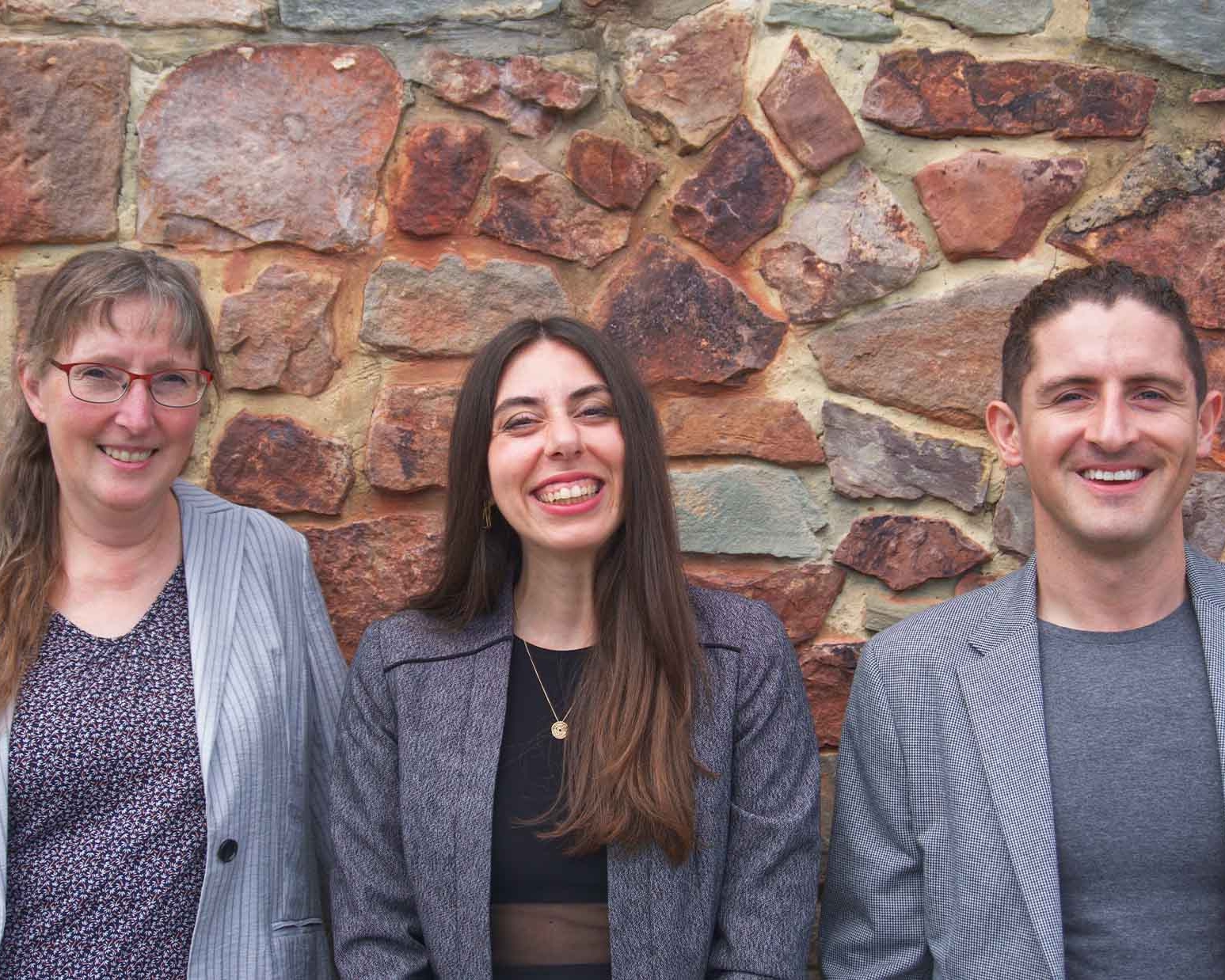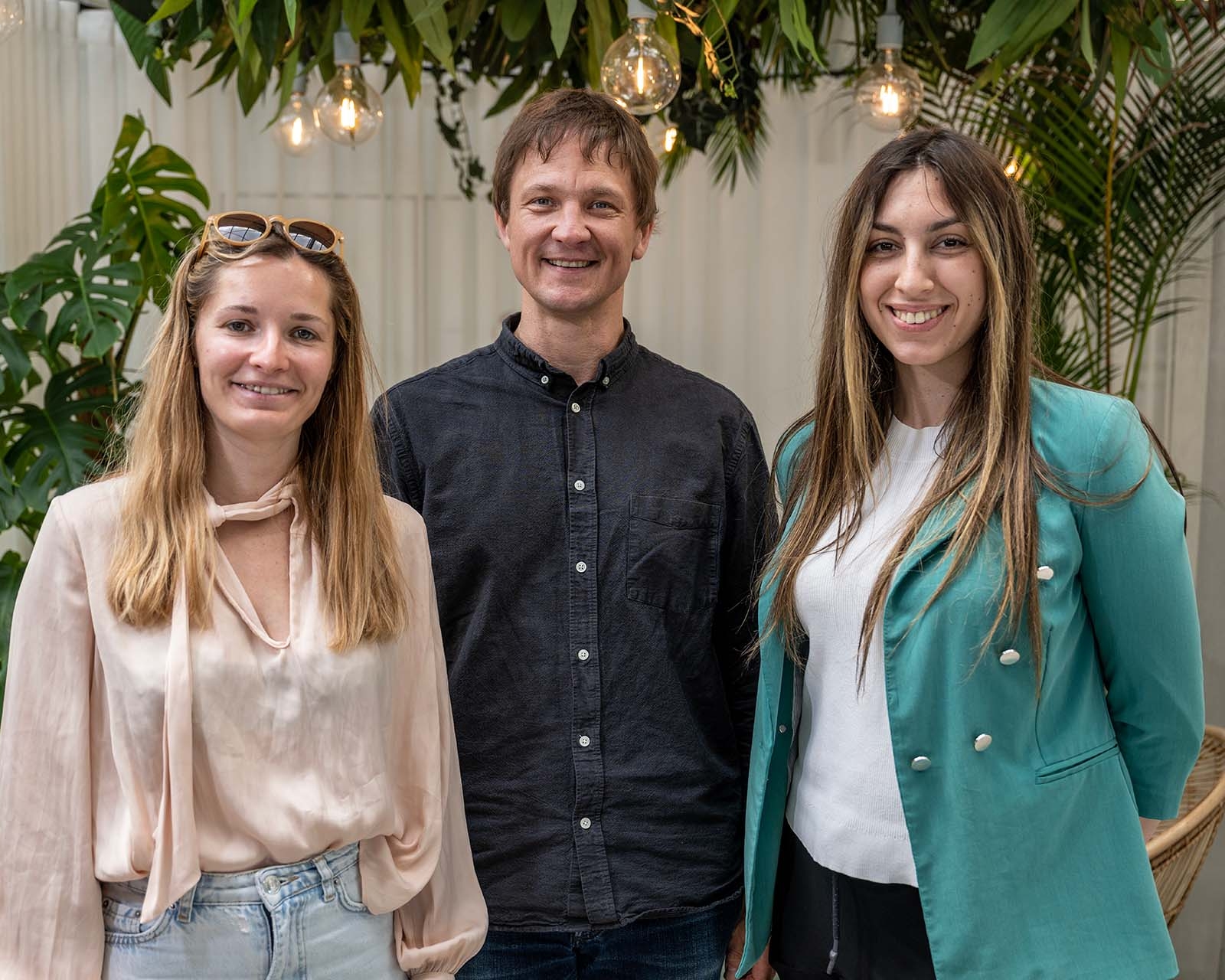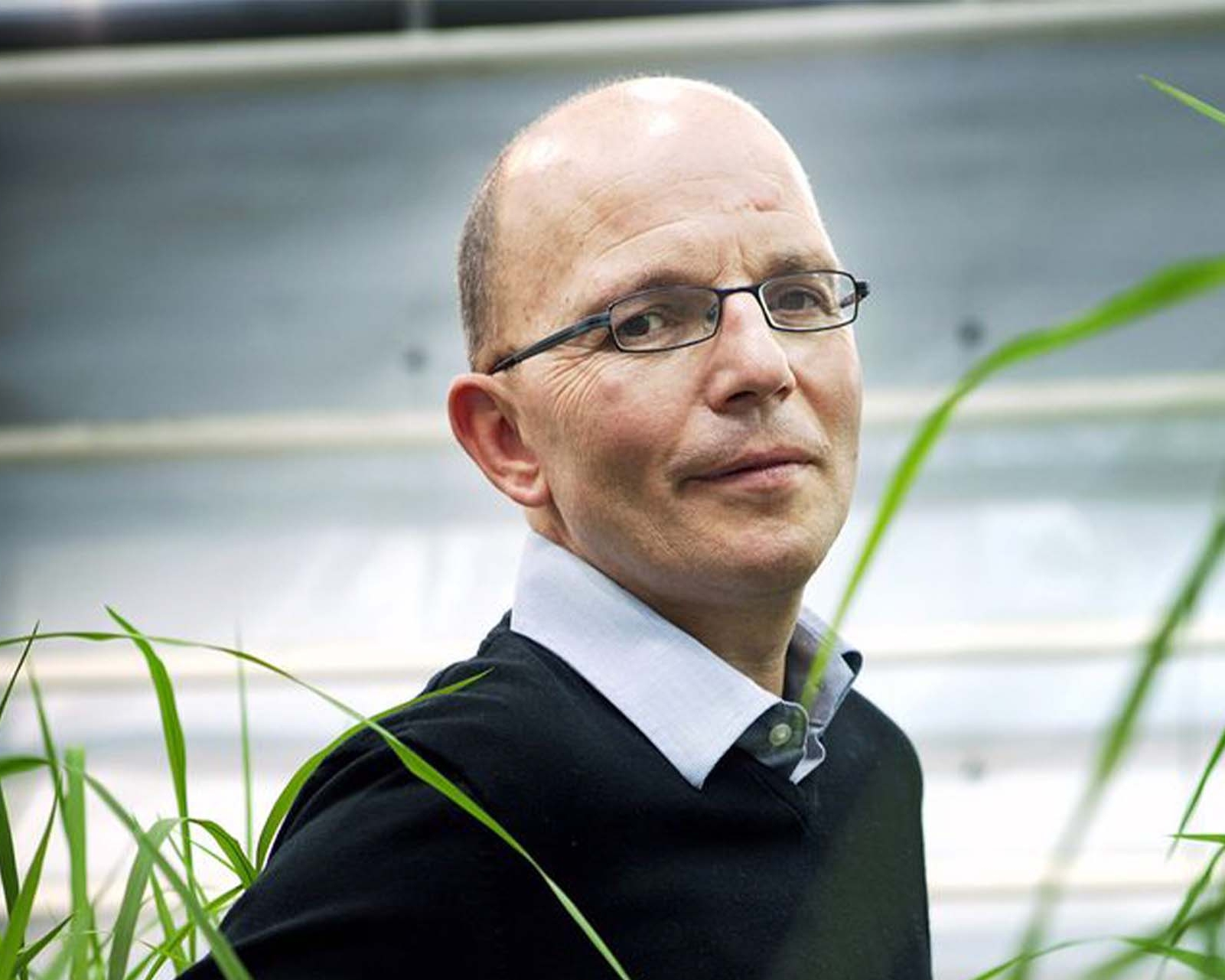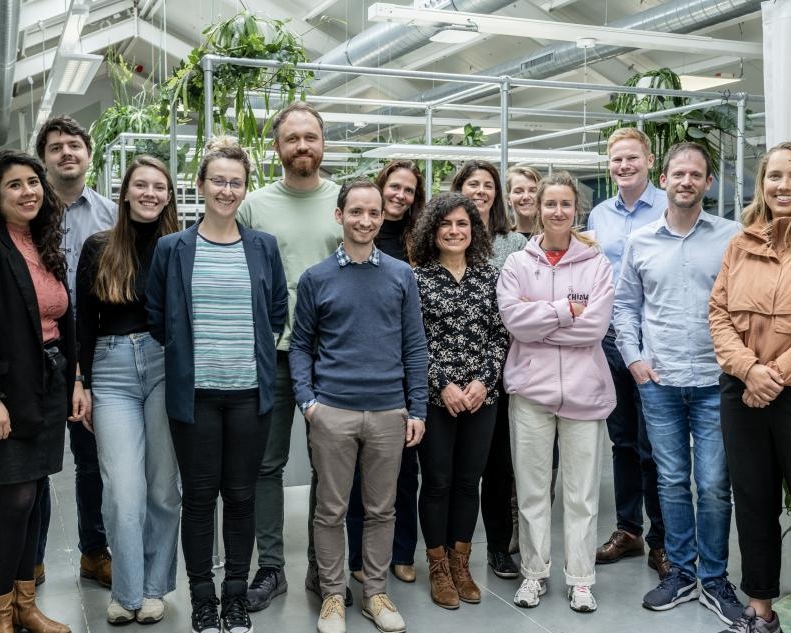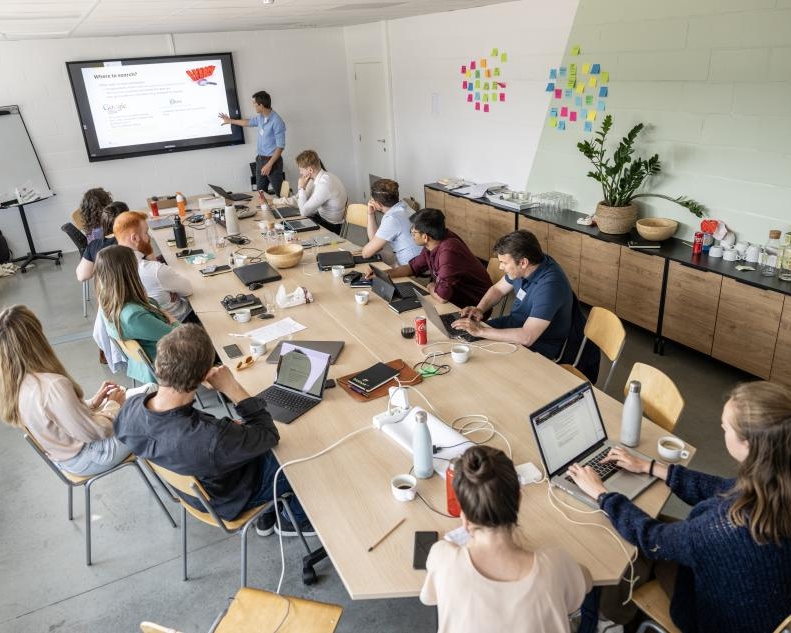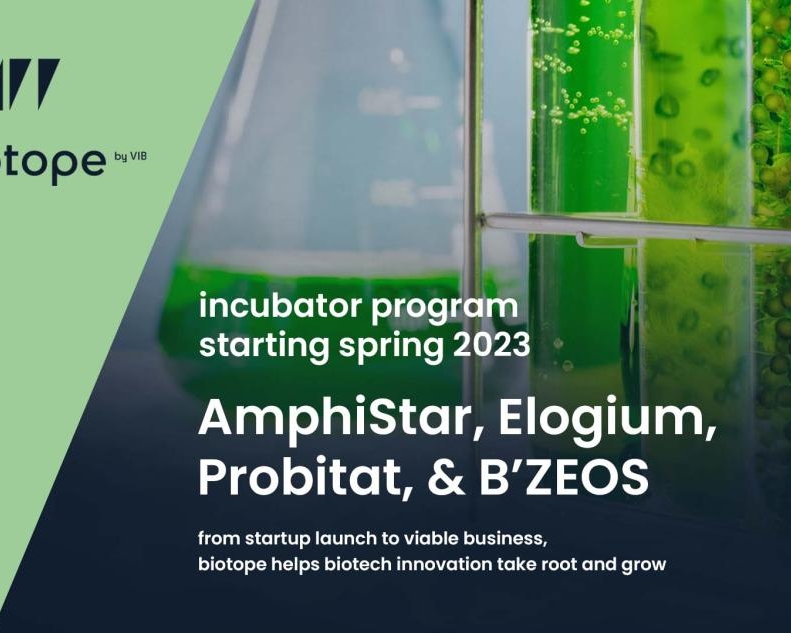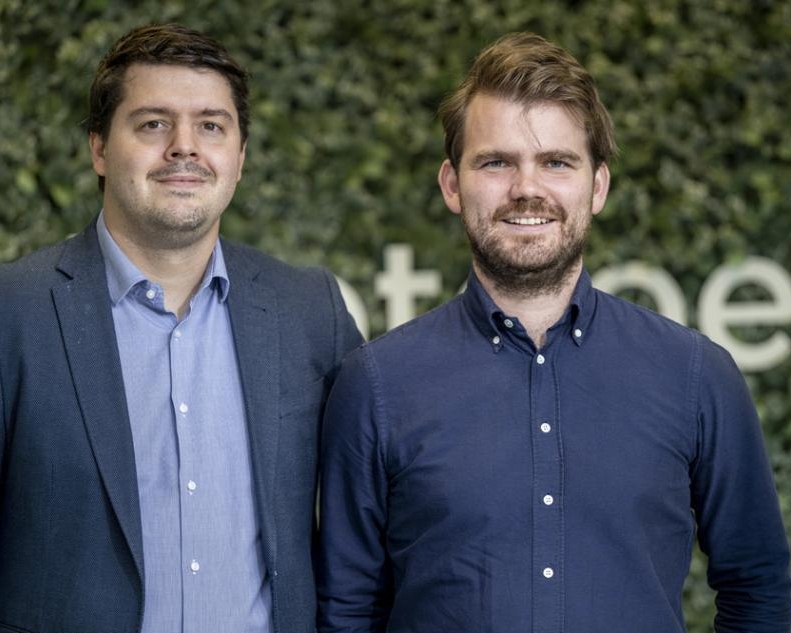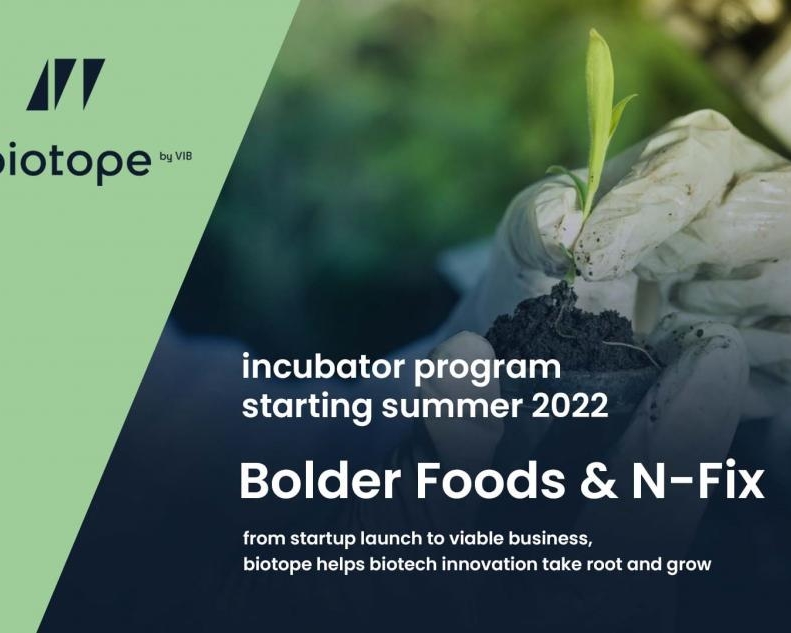- Home
- Startup news
- Waste not, extract a lot: AgroGrIN Tech sees the value in what we throw away
Waste not, extract a lot: AgroGrIN Tech sees the value in what we throw away
AgroGrIN Tech transforms fruit and vegetable by-products into high-value, clean-label ingredients for the food, nutraceutical, and cosmetics industries. Born in academia and built through entrepreneurial grit, the company combines zero-waste ideals with patented, high-tech extraction, offering a modular, scalable path to a more circular food system.
From lingering lab chats to a shared sense of purpose: the story behind AgroGrIN Tech
Débora Campos, now CEO, first imagined AgroGrIN Tech during her PhD in Portugal. While researching ways to upcycle pineapple waste, she developed a method to efficiently extract high-value enzymes. Her breakthrough aligned perfectly with the growing global interest in circular economy solutions.
Scientific insight planted the seed, but it was the steady exchange of ideas that helped AgroGrIN Tech grow. It grew from conversations—long lab discussions, shared grant proposals, and a shared sense of purpose. Ricardo Gómez (now CTO) and Ana Vilas Boas (now CPO) were colleagues of Campos exploring adjacent research lines on waste streams from cherries and apples. Together, they saw the enormous potential to address a pressing issue:
“About 30% of all fruits produced worldwide—644 million tons annually—are lost in the supply chain. That’s over €1.5 billion wasted every year,” Campos explains.
A defining moment came late one night in the lab. “Ricardo and Ana stayed with me until 4 am helping me finish a grant application,” Campos recalls. They became part of the idea, and when the company was founded, they joined as partners.”
“They’ve been integral to AgroGrIN Tech from the beginning,” she adds.
By 2019, the team had officially launched the company and entered a national startup competition in Portugal. Campos couldn’t attend the pitch herself, but Gómez and Vilas Boas stepped in and won the first award on behalf of the team.
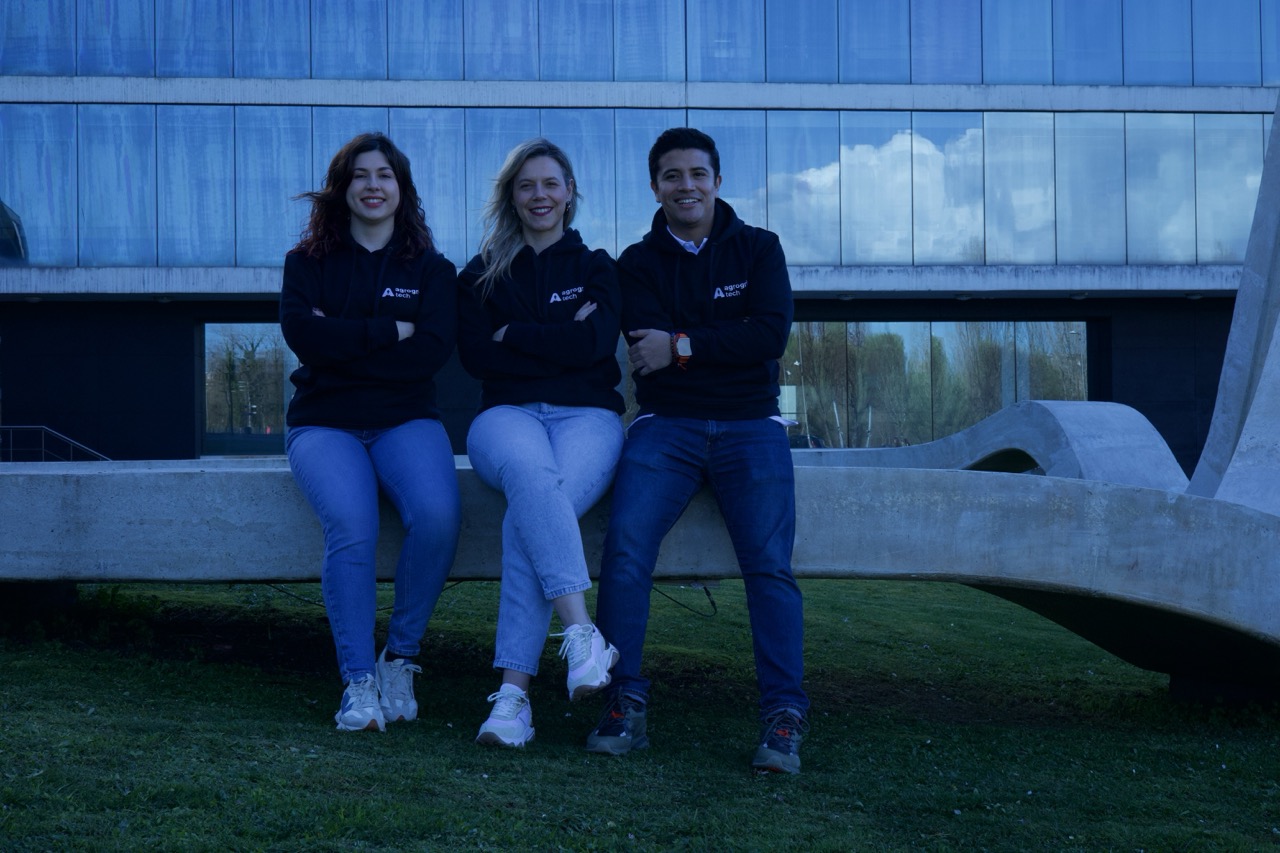
The big problem no one sees
The problem AgroGrIN Tech addresses is staggering. Yet its magnitude is often overlooked, especially early in the supply chain. “Most people underestimate just how severe the waste is at the farm and processor level, especially in developing regions,” Campos emphasizes. “That’s exactly where AgroGrIN Tech steps in.”
AgroGrIN Tech strategically positions itself right at the source of the problem, where waste volumes peak and economic returns are weakest. By deploying their patented extraction technology directly where losses occur, the company creates immediate, measurable value from what would otherwise become waste.
“We’re certainly not the only ones addressing food waste,” Campos acknowledges. “But our strength lies in our agnostic approach—we process any fruit, any vegetable—and the modular scalability of our technology.” Unlike most companies that specialize in just one type of waste (for example, citrus only), AgroGrIN Tech’s patented process can handle virtually any feedstock, from pineapple to cherry, melon to apple, and achieve an extraordinary 100% upcycling rate.
“If we receive one ton of waste, we recover one ton of high-value ingredients,” Campos explains. “Nothing is left behind.”
The name “AgroGrIN Tech” emerged from what the founders humorously call a “scientist brainstorming session,” fusing agro-industrial roots (Agro), green INnovation (GRiN), and technology (Tech). “We joke that it’s like IKEA,” Vilas Boas says. “Everyone pronounces it slightly differently—but we’re ok with that.”
From pilot plant to proof of concept
Thanks to public funding in Portugal, AgroGrIN Tech established a pre-industrial pilot facility, currently processing around half a ton of pineapple waste each week. But that’s just the start. The modular design allows the processing capacity to easily scale up to 1–2 tons daily—and even beyond.
“We’re scientists by training,” Gómez admits, “but we’ve quickly learned to become strategic. Managing curiosity while building a solid commercial plan has become crucial.”
When AgroGrIN Tech joined Biotope Basecamp in late 2024, the founders initially wondered if the program matched their needs. However, it soon became a powerful catalyst for both their business and personal growth.
“It was unlike any other program we’d experienced,” says Campos. “It wasn’t just about business models or pitches—it focused on us as individuals, our team dynamics, and how we operate.”
Vilas Boas specifically recalls sessions on managing personal energy and stress: “We even replicated those team-building activities during our team retreat, improving how we communicate and collaborate.”
The basecamp experience also reshaped their narrative. “We initially described ourselves as an upcycling company,” Vilas Boas explains. “Now we clearly identify as a clean-label ingredient provider. That shift in language came directly from biotope.”
The financial clarity that the biotope team and different workshops offered was another turning point. “Understanding the different investment terms and conditions better has deeply boosted our confidence,” Campos notes.
“We’re scientists by training,” Gómez admits, “but we’ve quickly learned to become strategic. Managing curiosity while building a solid commercial plan has become crucial.”
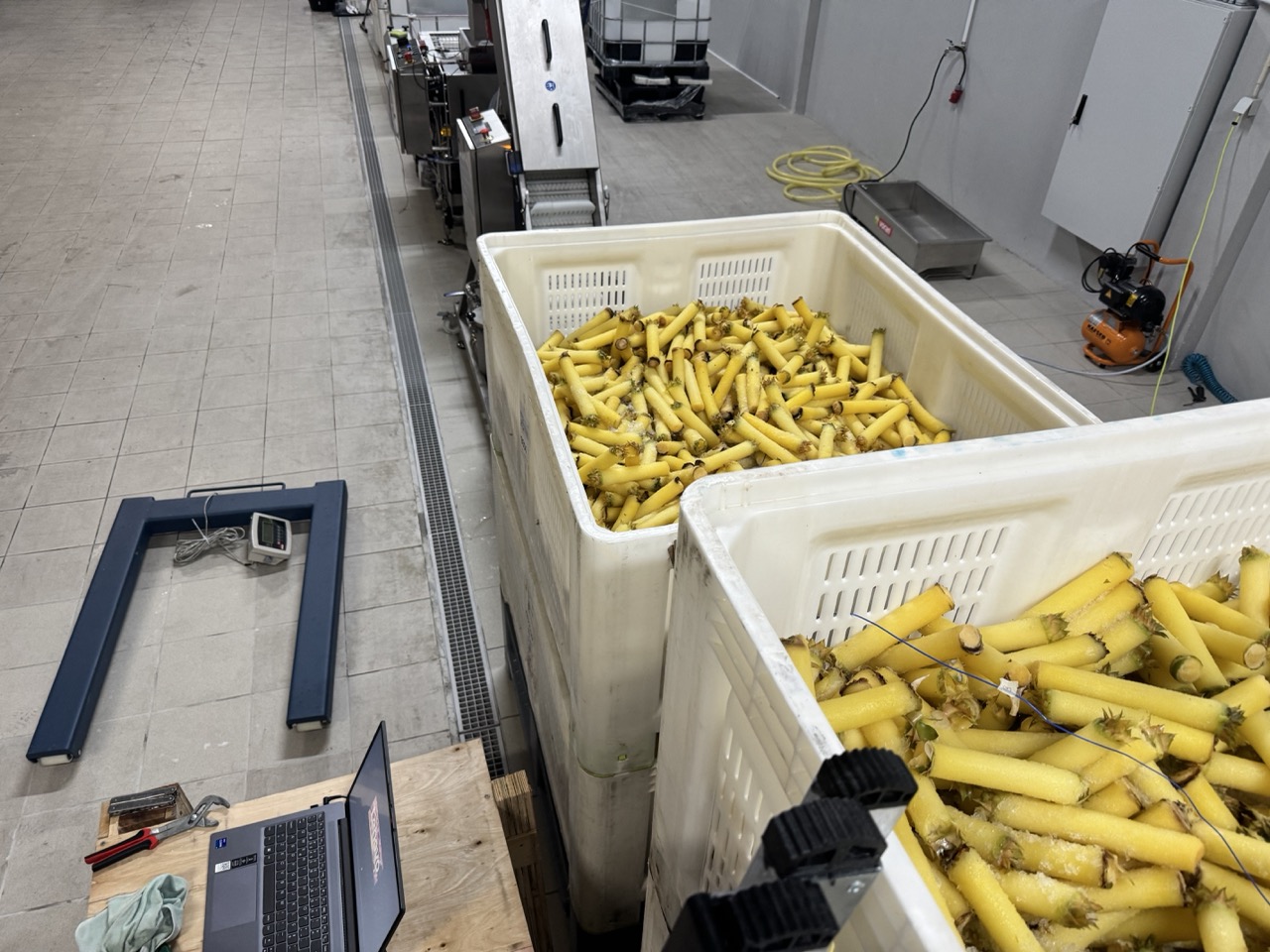
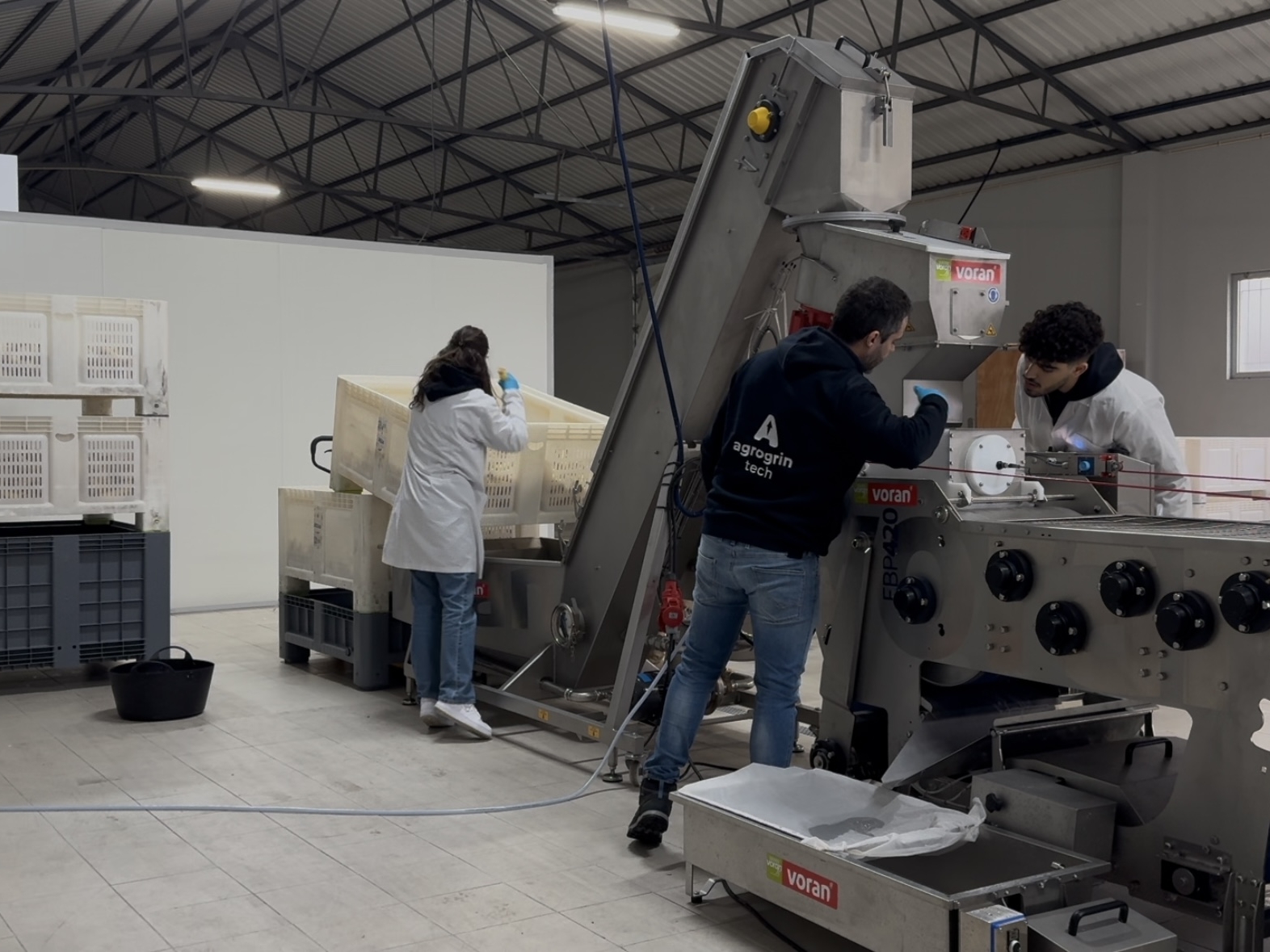
Scaling with purpose
With reinforced confidence, tailored support from the biotope team, and a government-backed pilot plant, AgroGrIN Tech now looks toward substantial growth. By year-end, the six-person team expects to expand to 8 or even 10 employees. Their immediate focus is validating their yields and initiating trials with new fruit streams. Nectarines could be the next one, based on feedback they have received.
Commercial partnerships are also on the horizon. Through biotope’s network, the team is targeting collaborations with established multinational corporations in the food sector. Additionally, an EIC Accelerator resubmission in October is a critical next step.
Looking ahead, AgroGrIN Tech’s roadmap includes formalizing internal governance, scaling R&D efforts, and rigorously proving their modular, fruit-agnostic model. Their ten-year vision is compelling: “A €200 million business operating seven global factories, eliminating artificial additives by leveraging sustainable, circular ingredients.”
Their ethos, firmly rooted in those early lab nights, has never changed. AgroGrIN Tech is growing under the clear recognition that waste isn’t not a problem, but part of the solution.
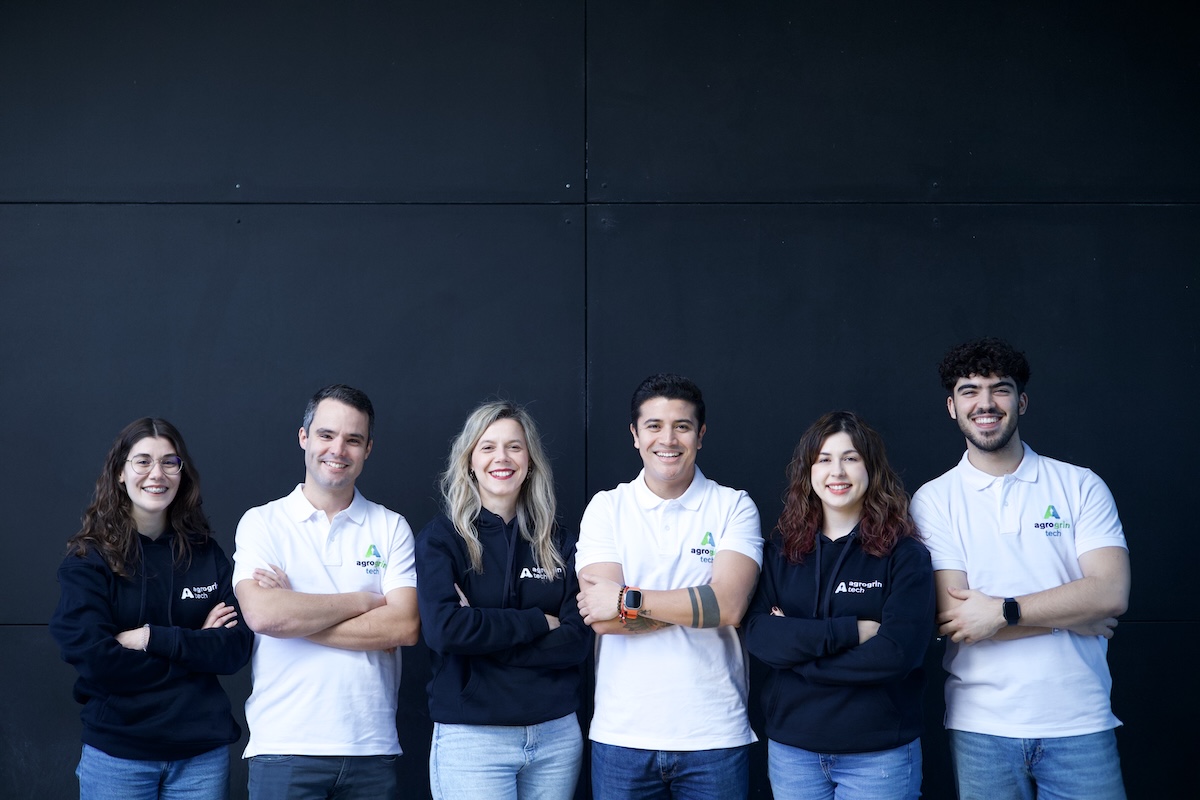
More News
The fundraising mirage
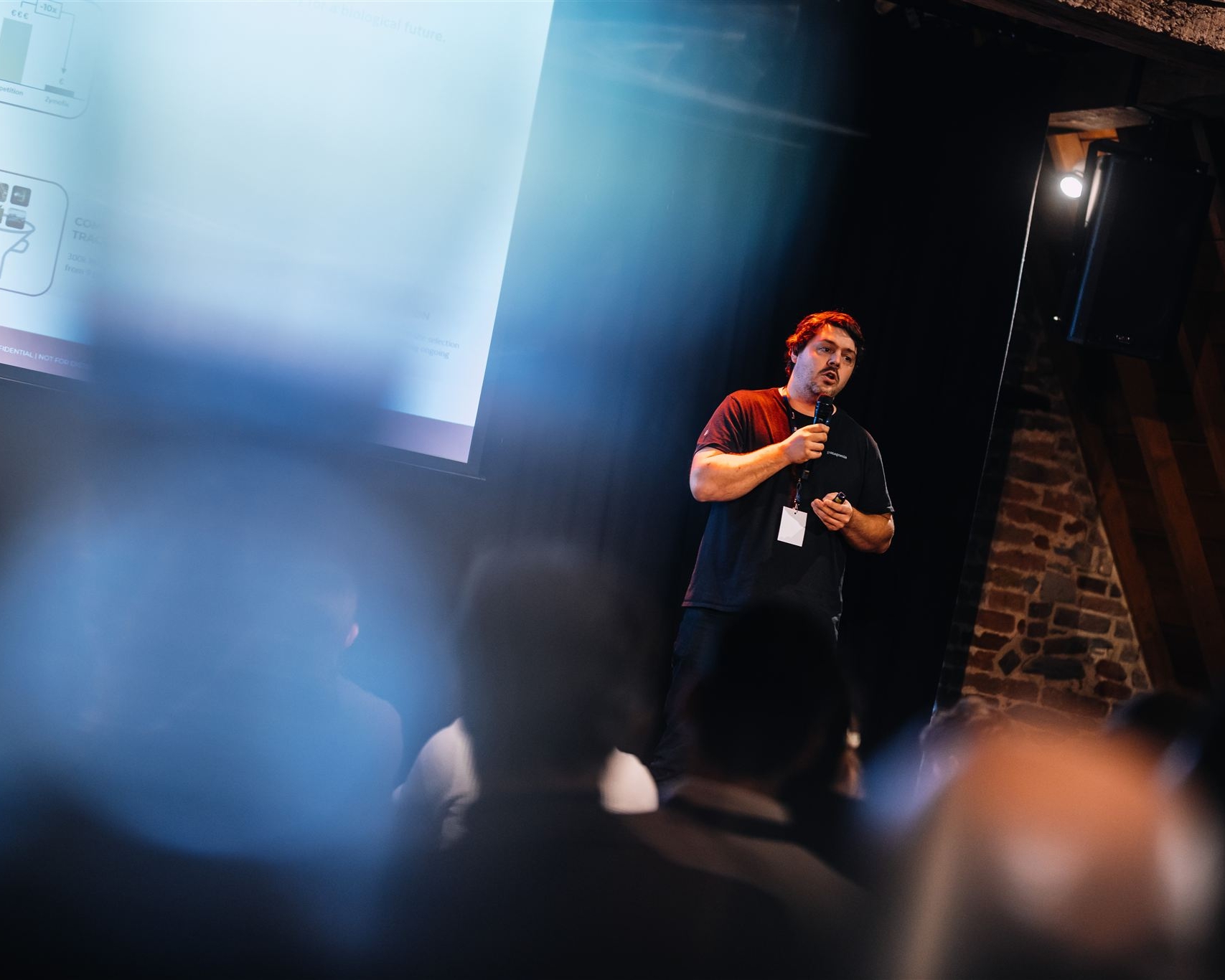
Typcal is brewing the future of pragmatic protein
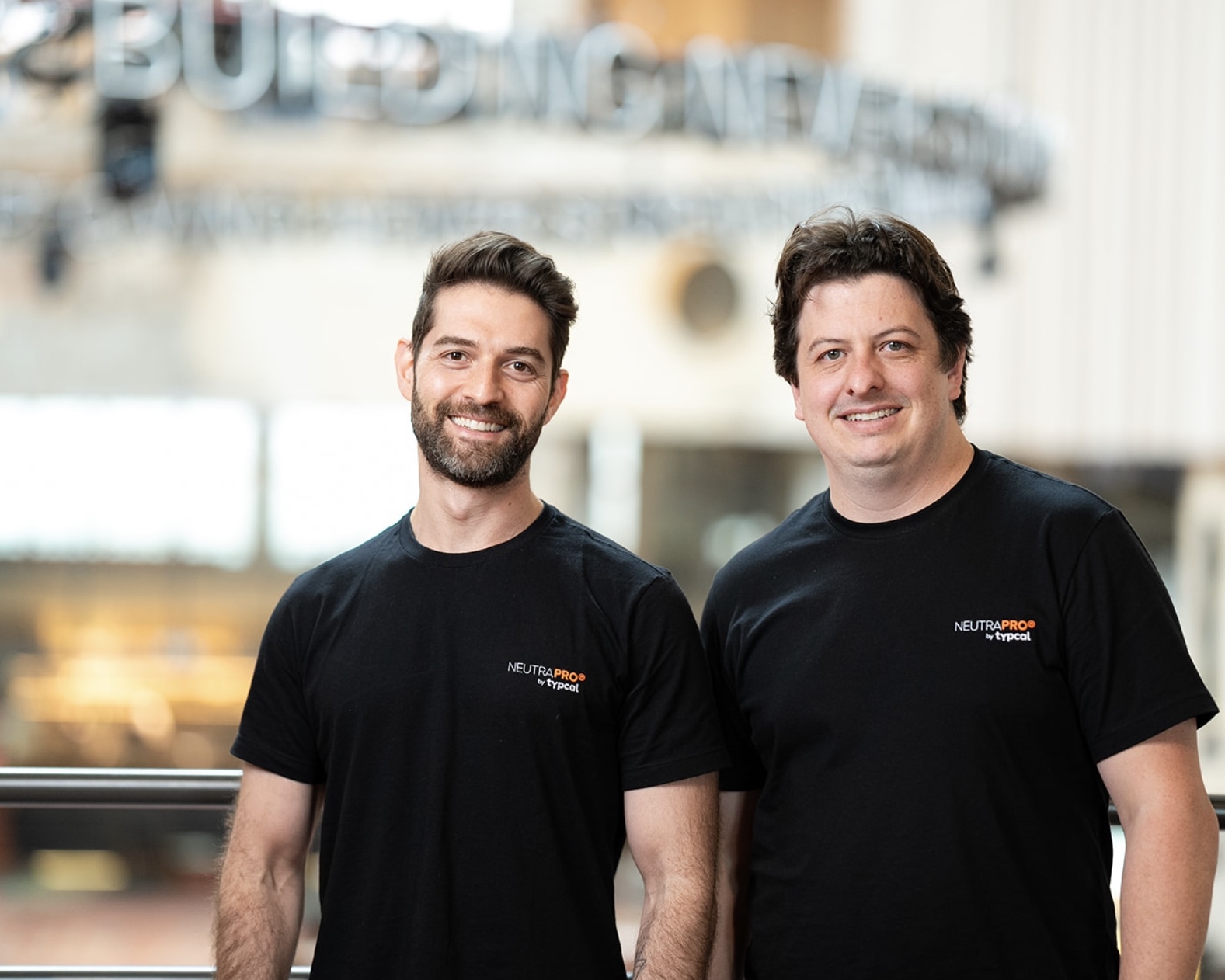
AmphiStar secures €12.5m EIC funding
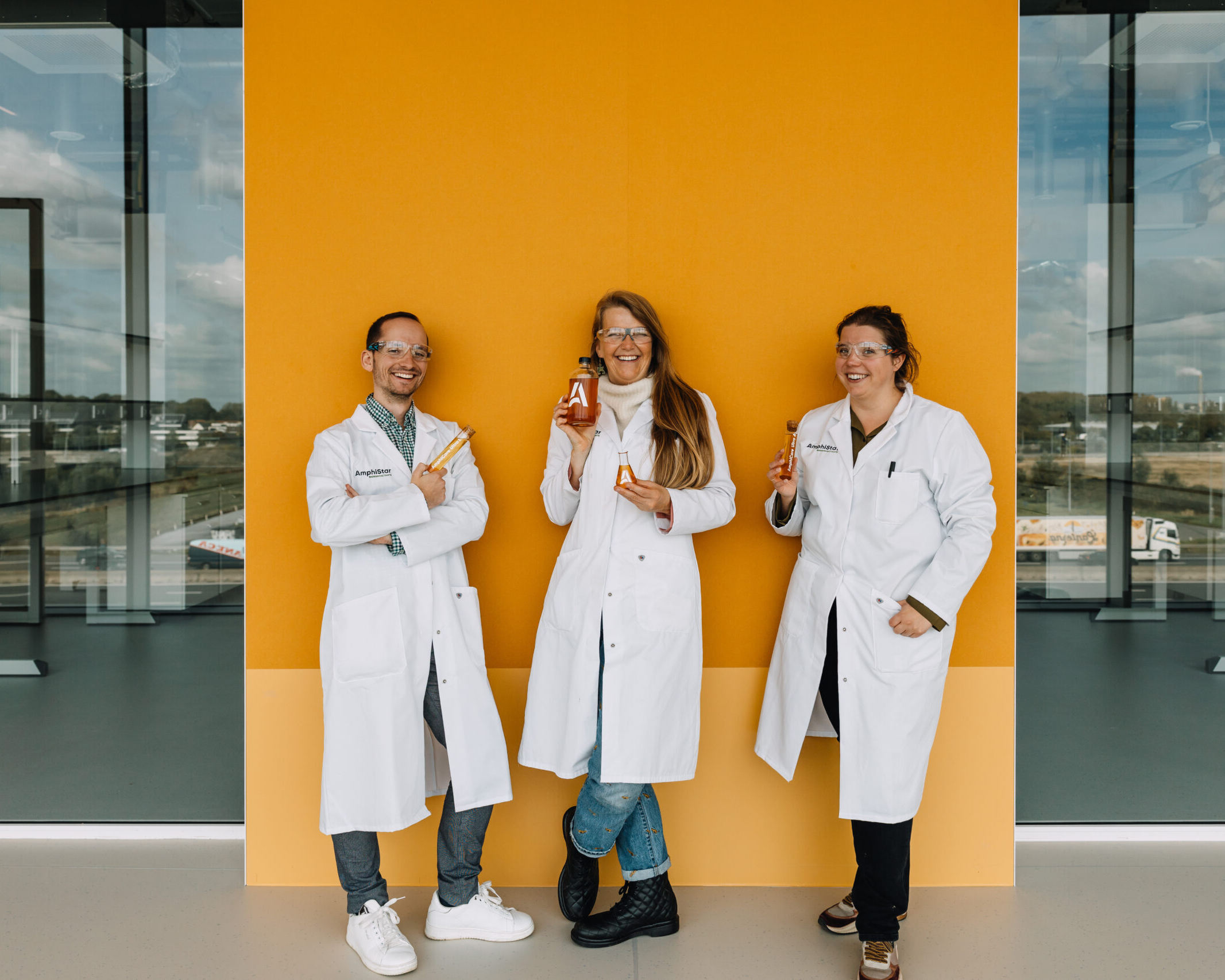
biotope recap: Summer edition
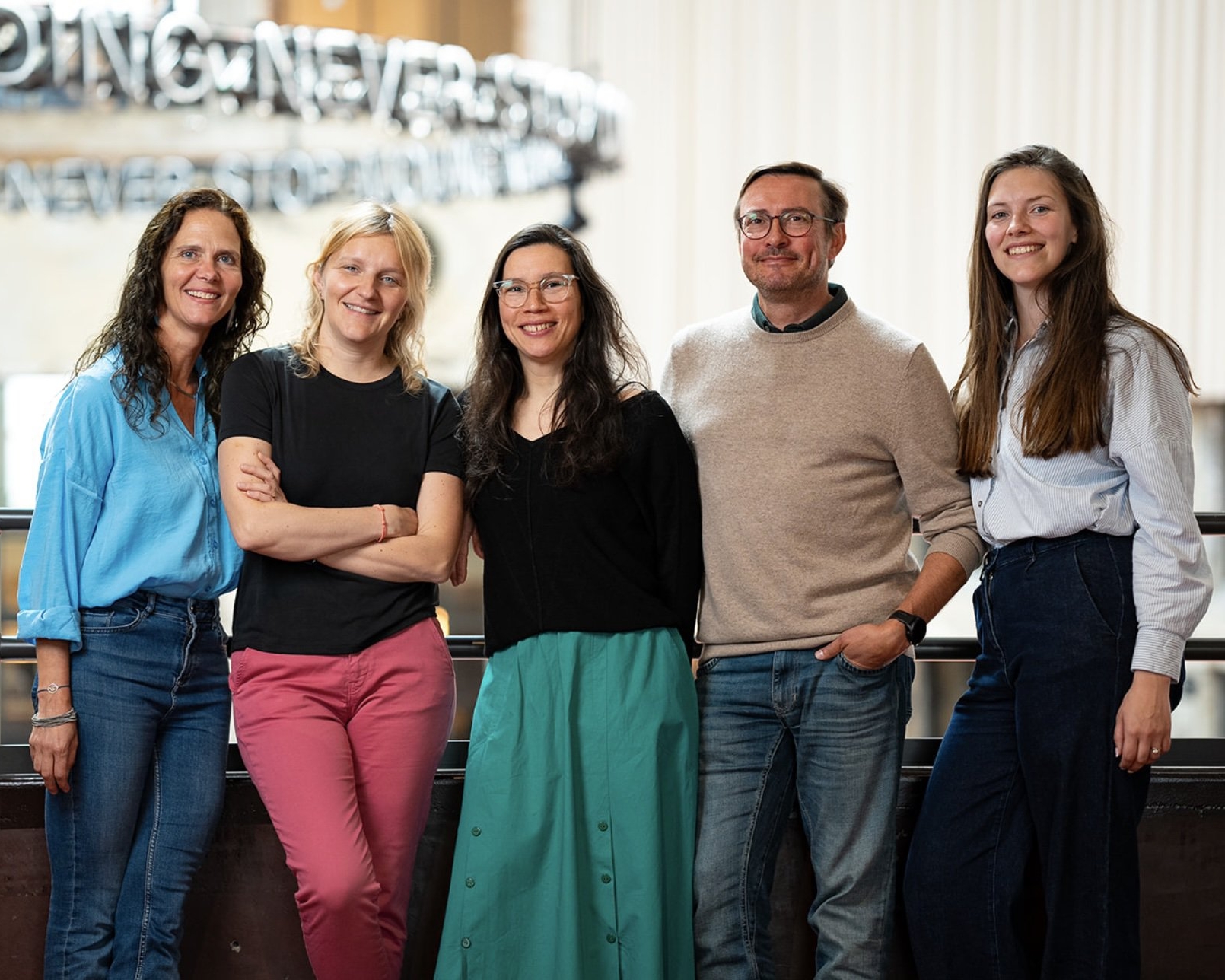
Annick Verween on the VCo2 podcast

2024 wrapped
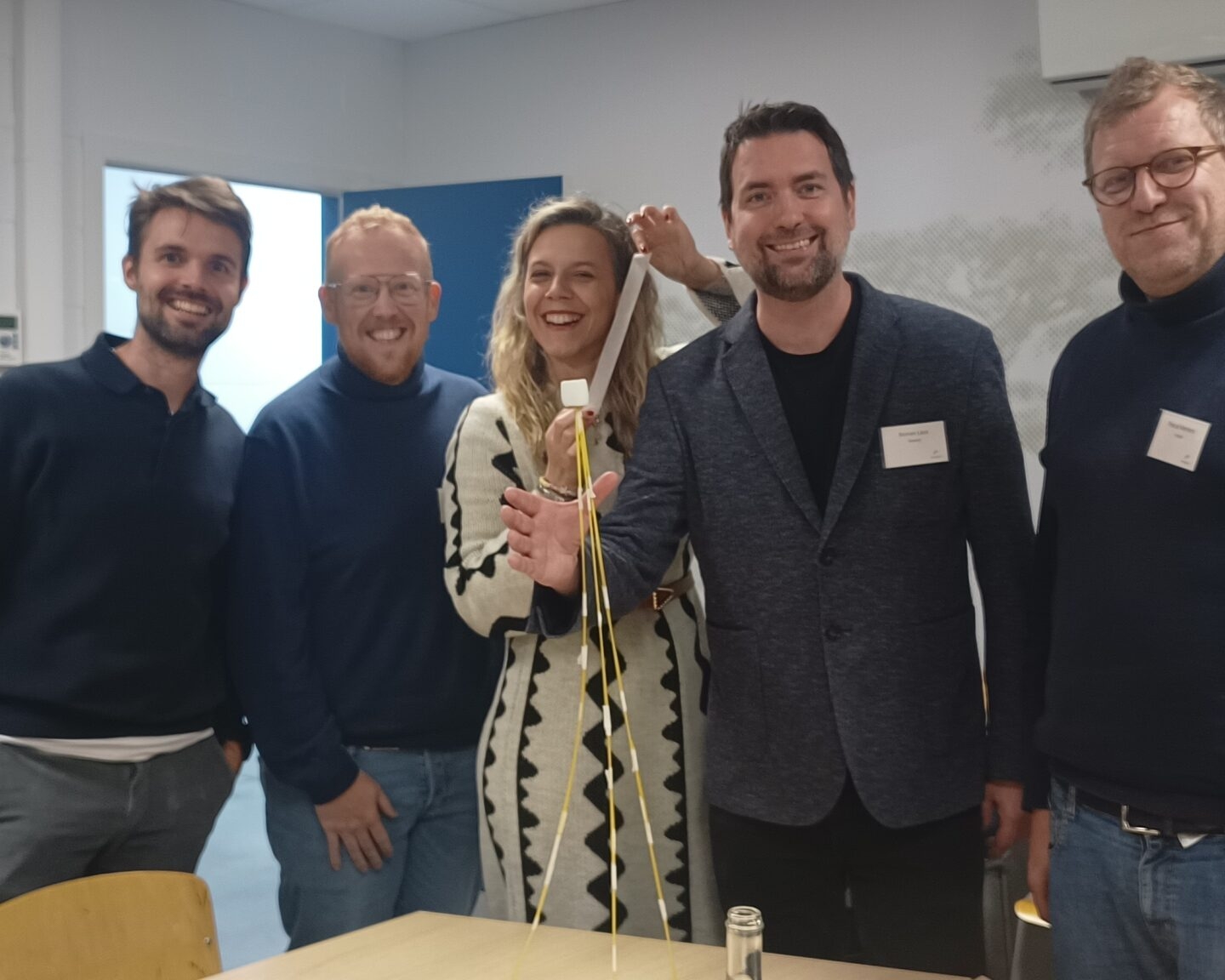
Networking with cohort six
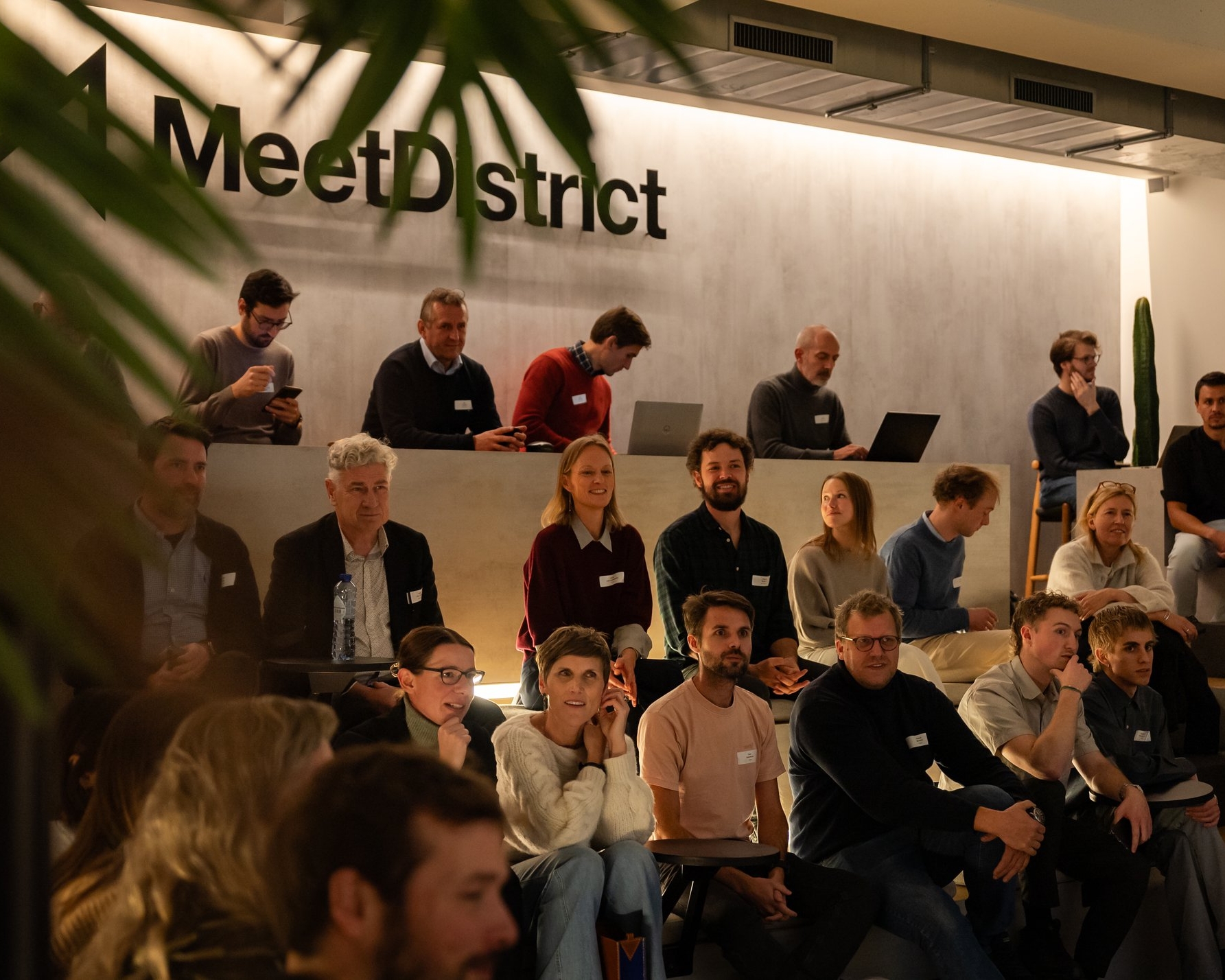
B’ZEOS celebrates seed round milestone
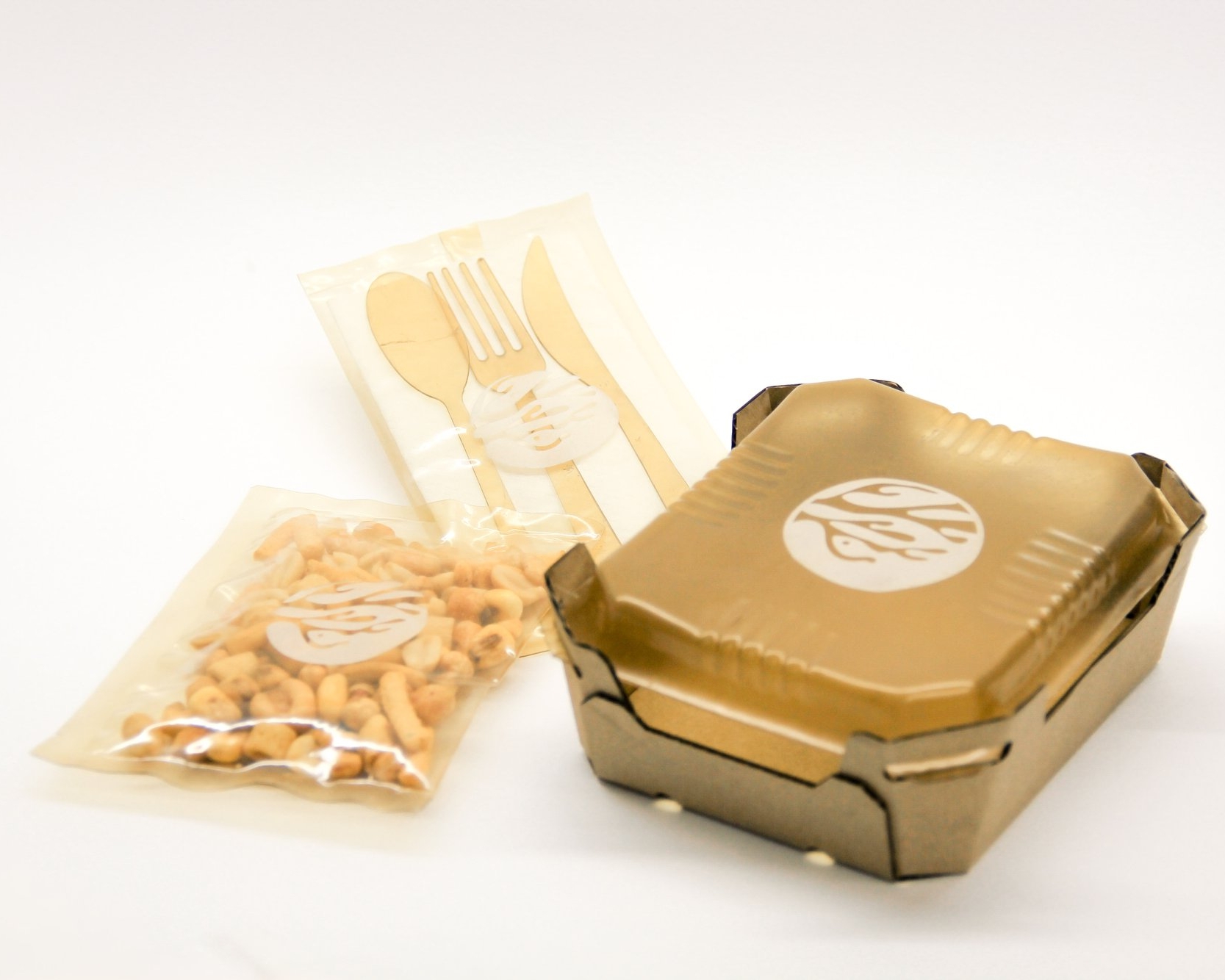
Tackling food waste at its source
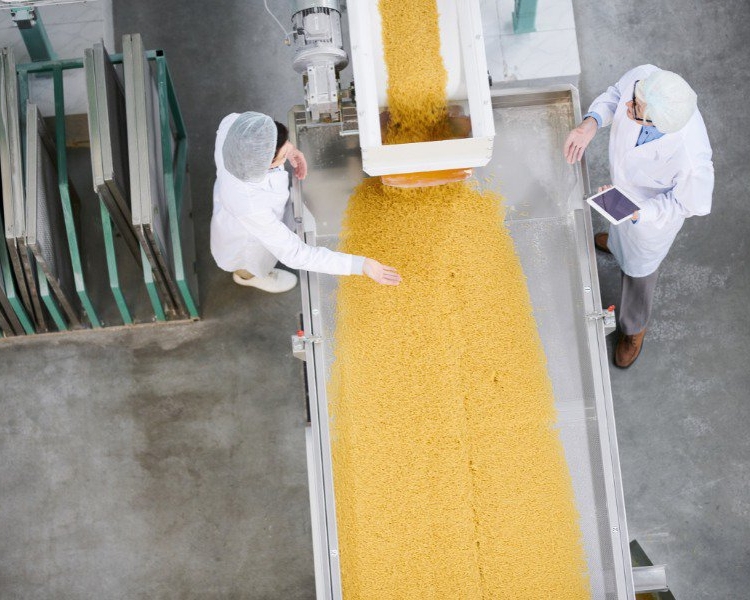
The value of good mentors
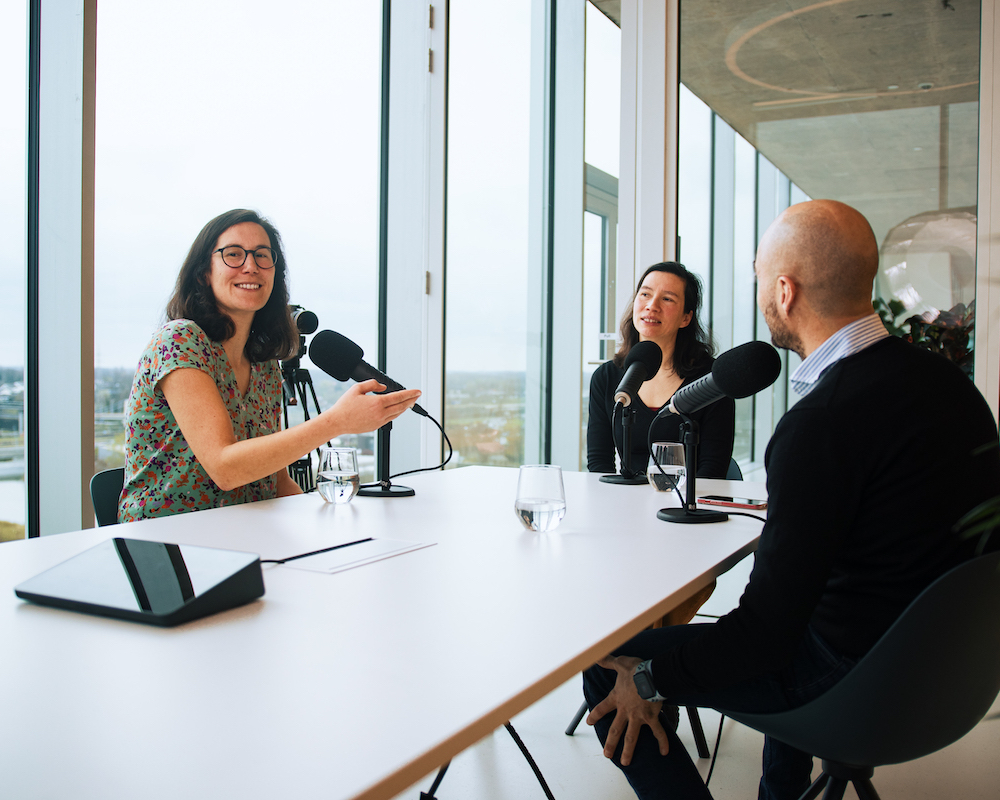
Meet our Spring ‘24 cohort
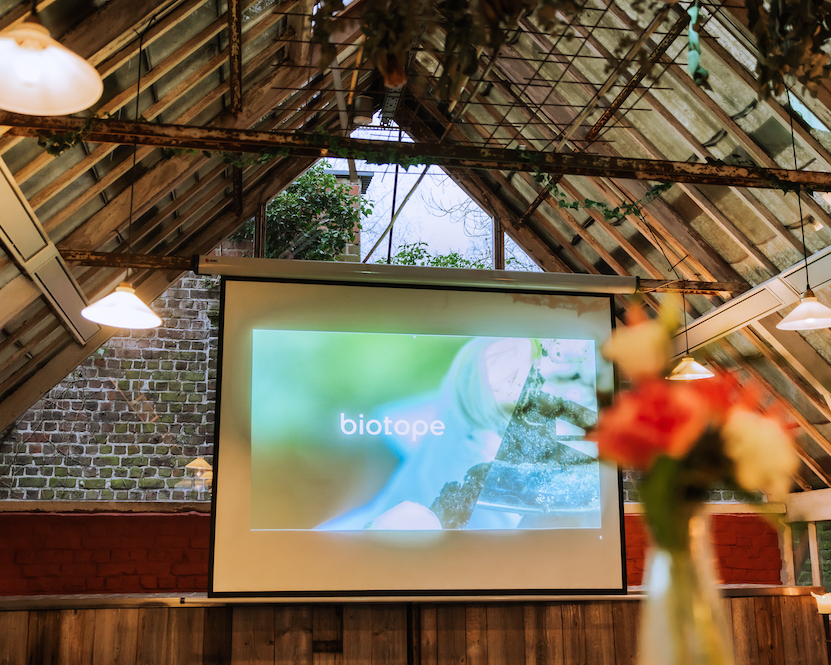
His son’s allergy turned this father into a founder
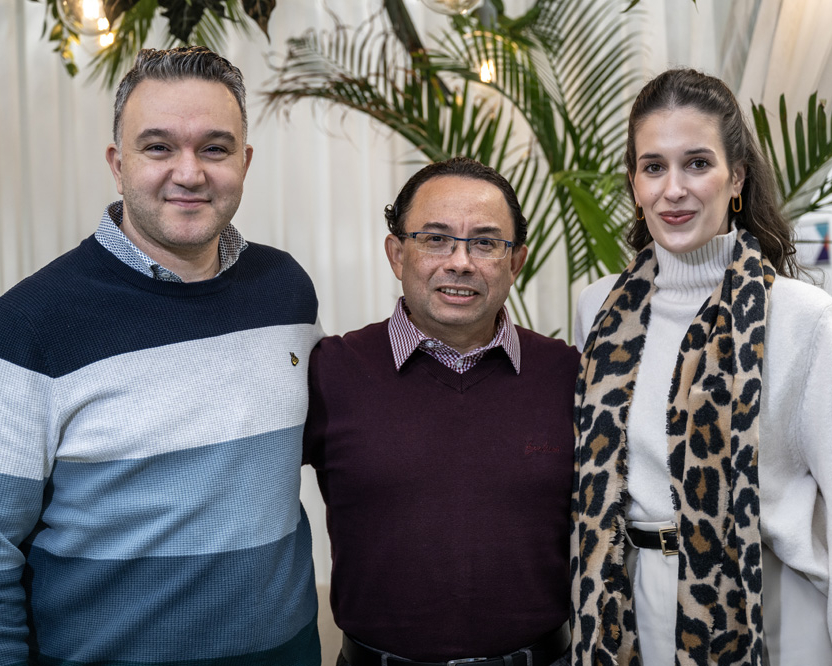
FlyBlast: on a mission to solve meat
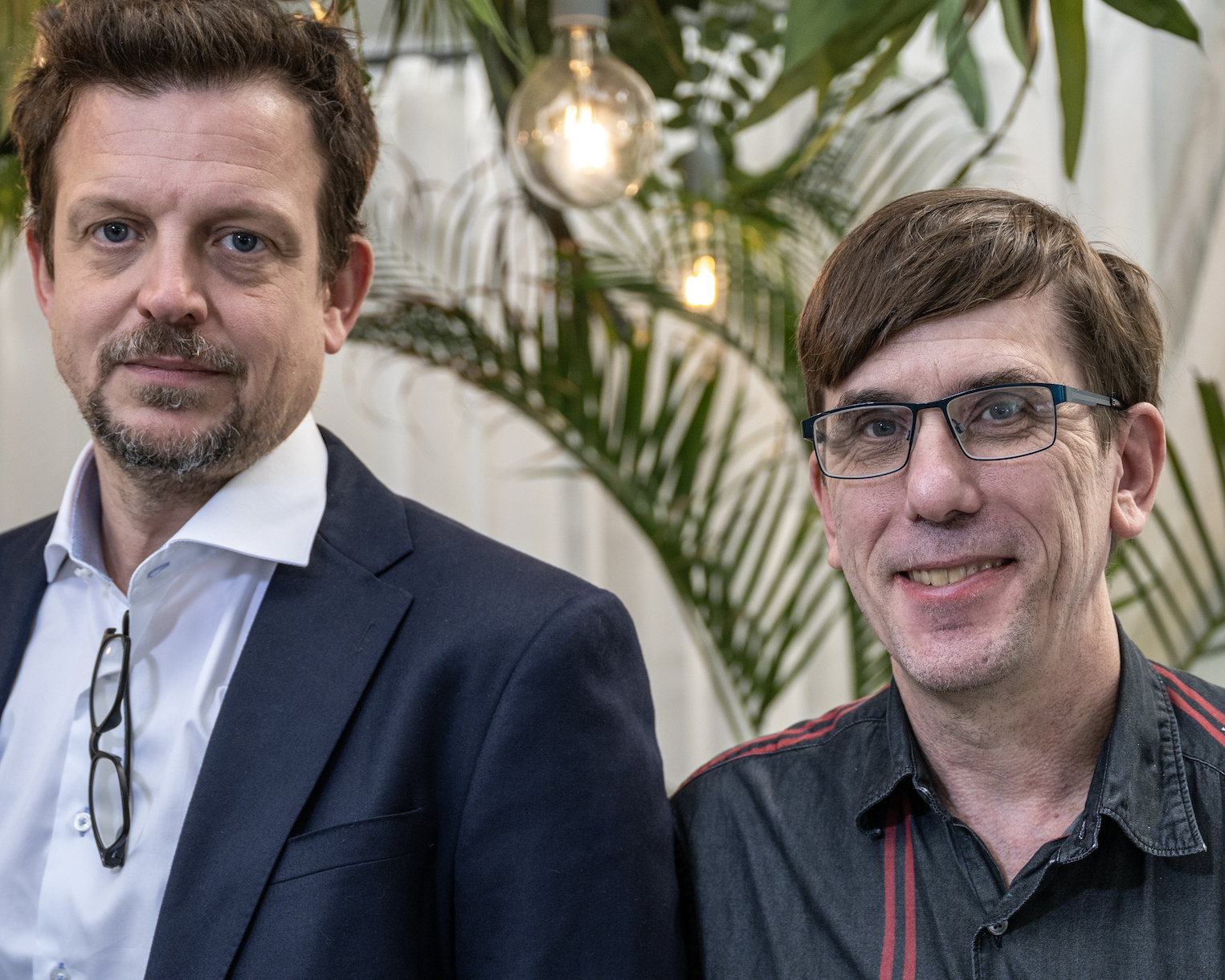
Biosurfactants from food waste? Meet AmphiStar
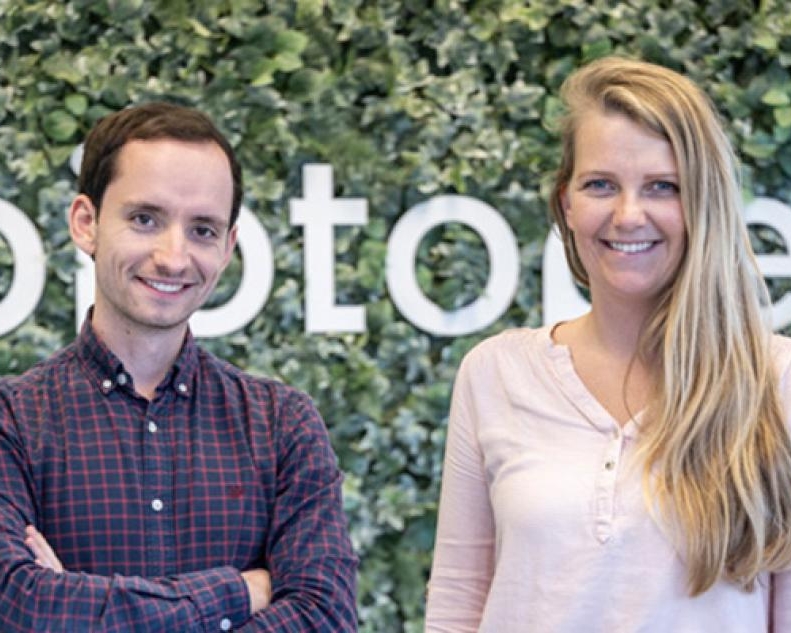
Probitat interview
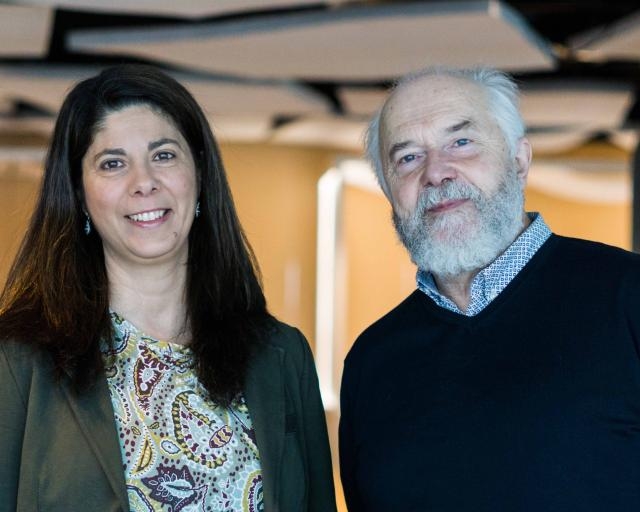
B’ZEOS: sustainable packaging made of seaweed
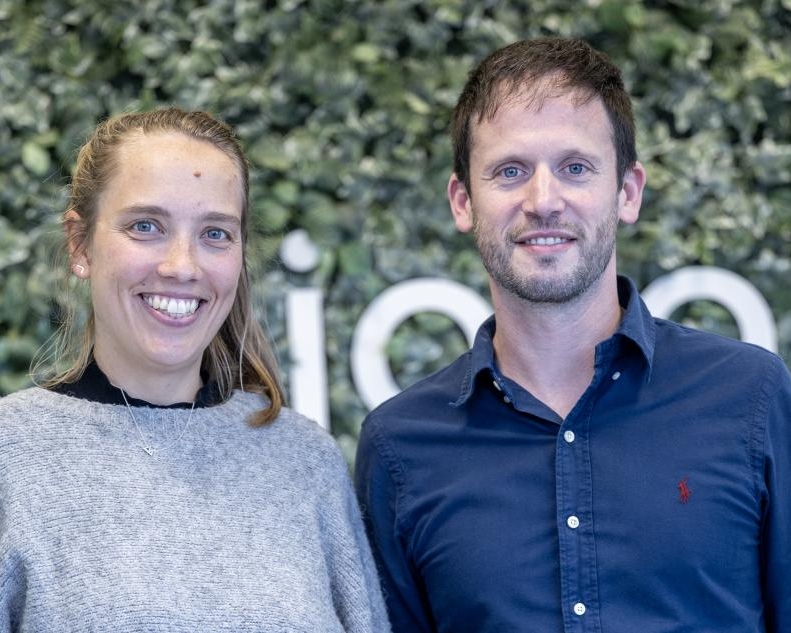
Elogium: Poultry probiotics for safer food
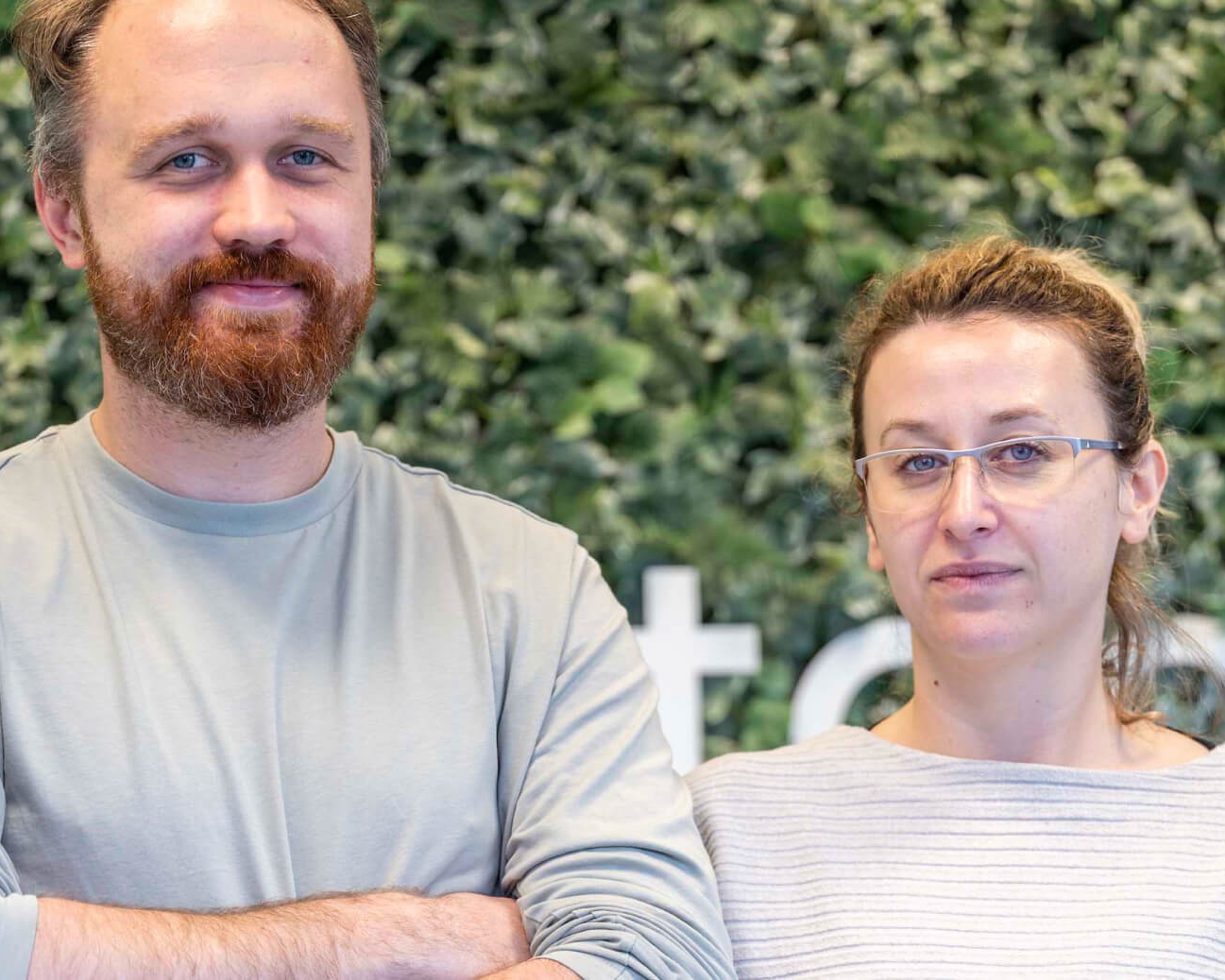
Launch of Biotope ventures fund
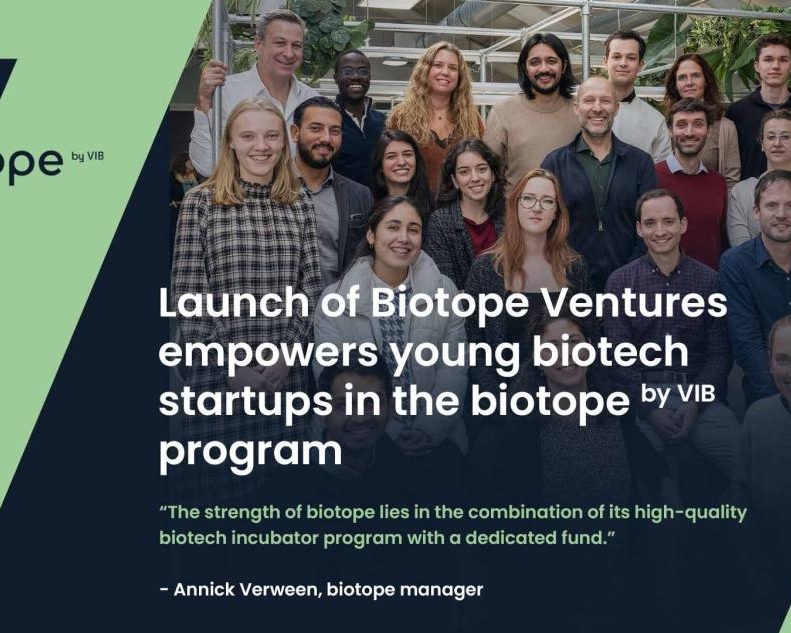
Bolder Foods: non-dairy cheese for a better world
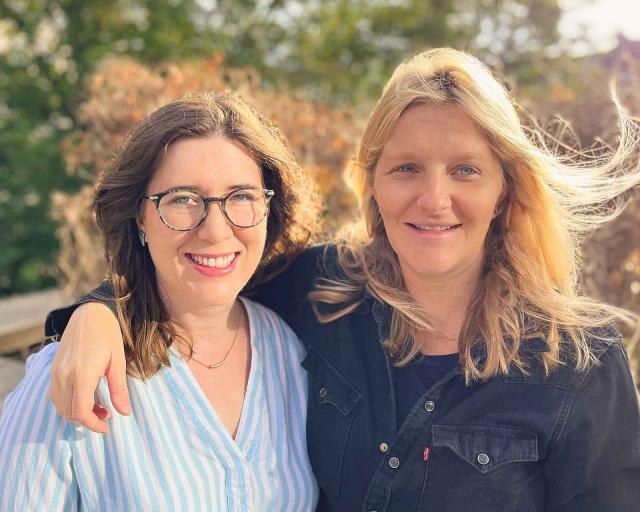
BioVox article
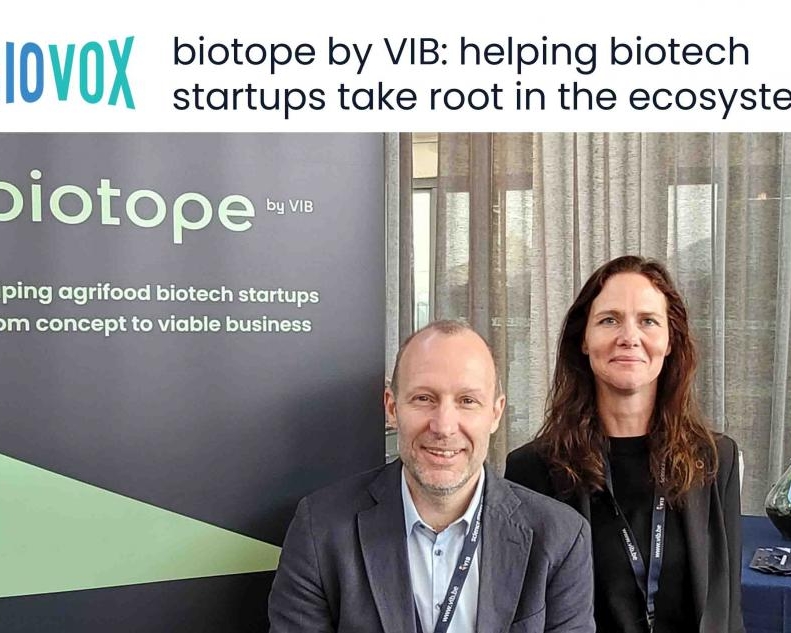
Have you got what it takes?
- Pressure-test your biotech with expert feedback
- Align your team and sharpen your strategy
- Turn your startup into an investment-ready business
